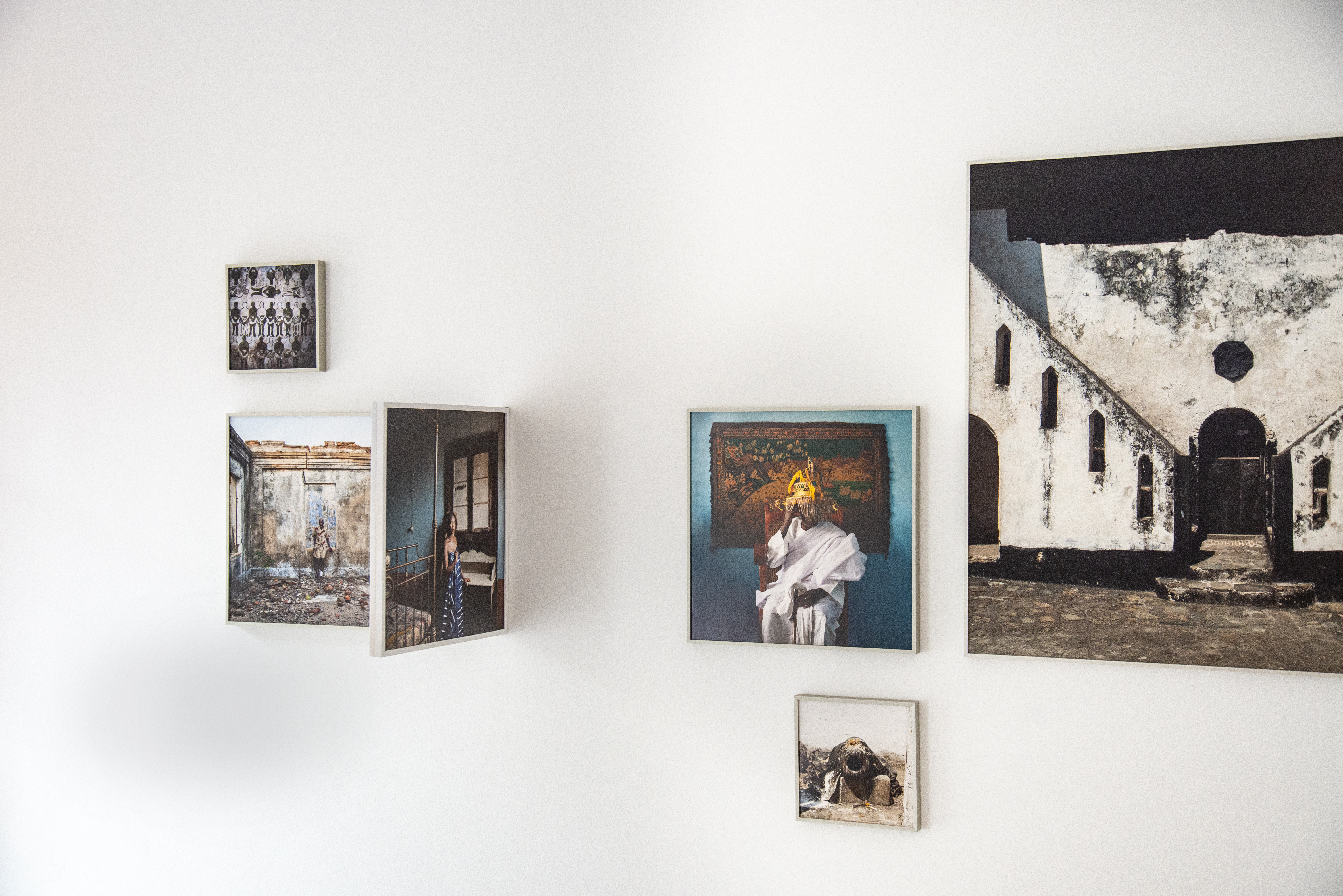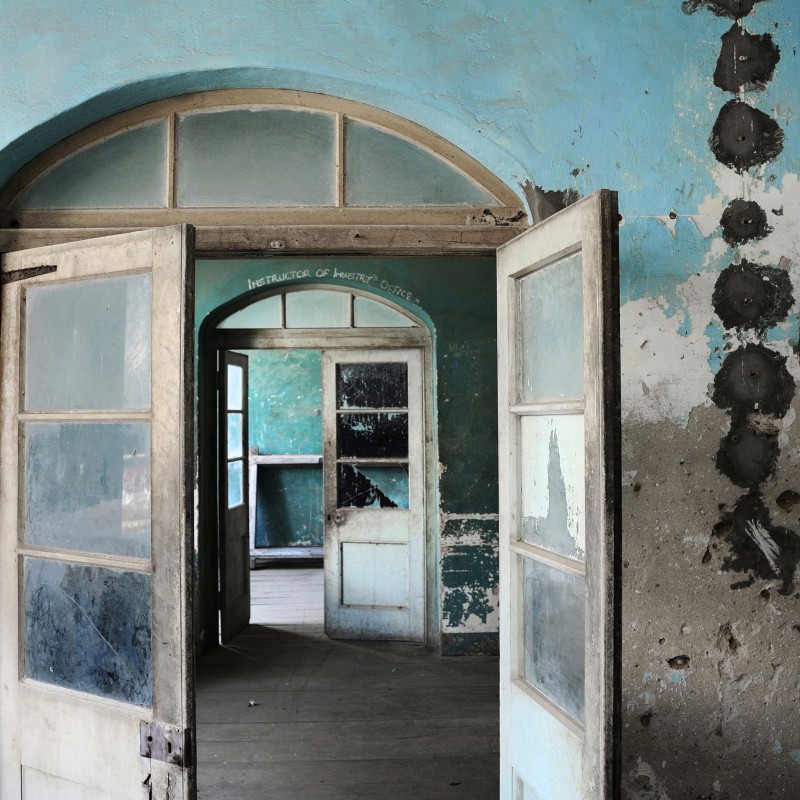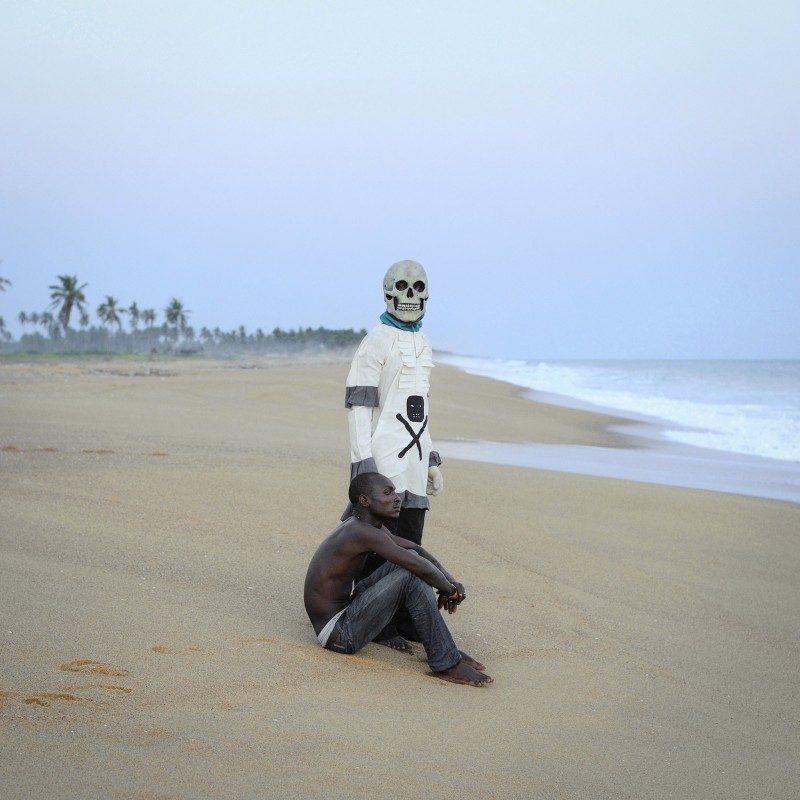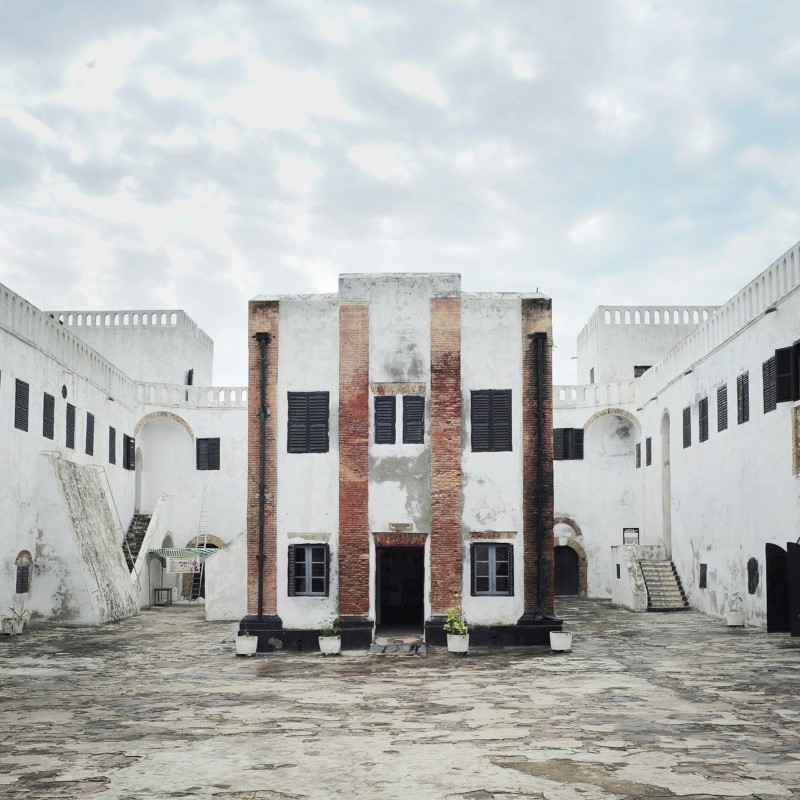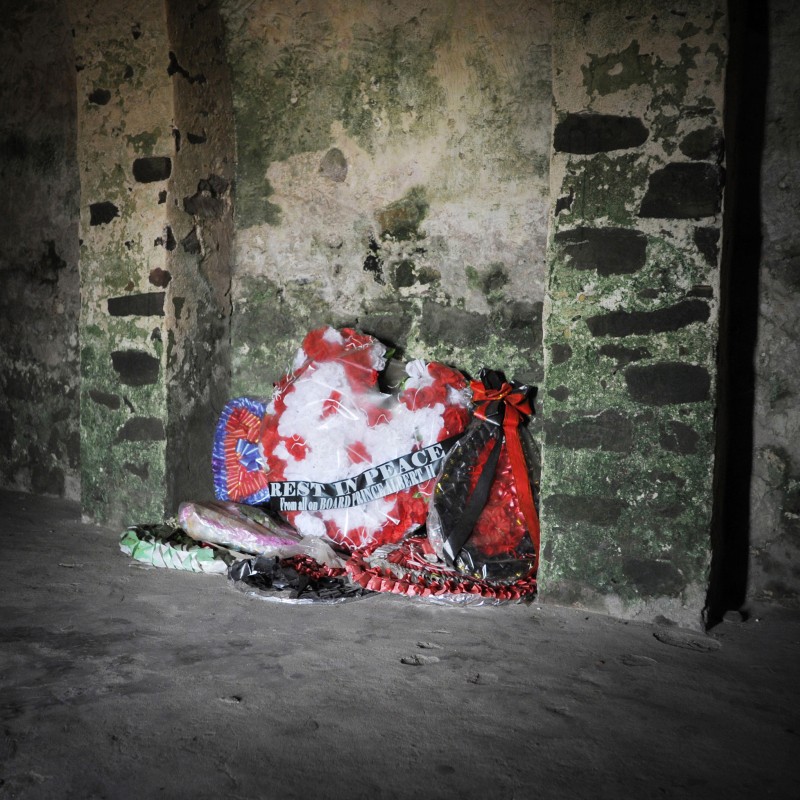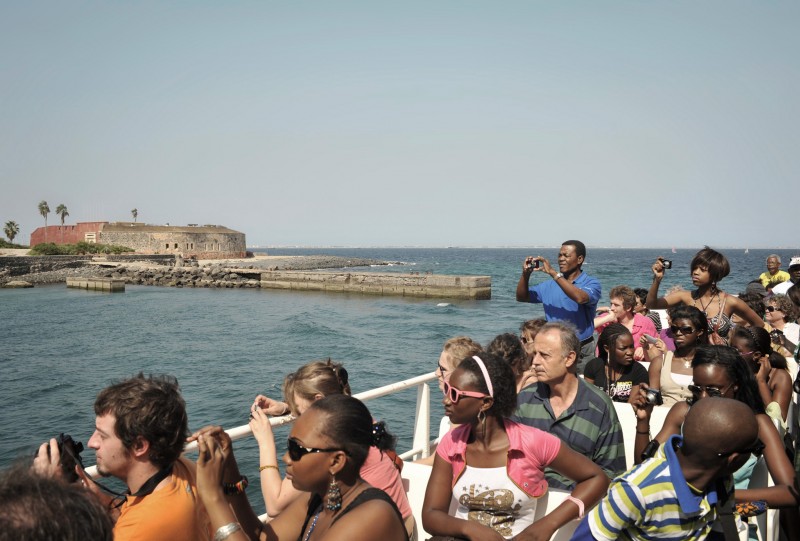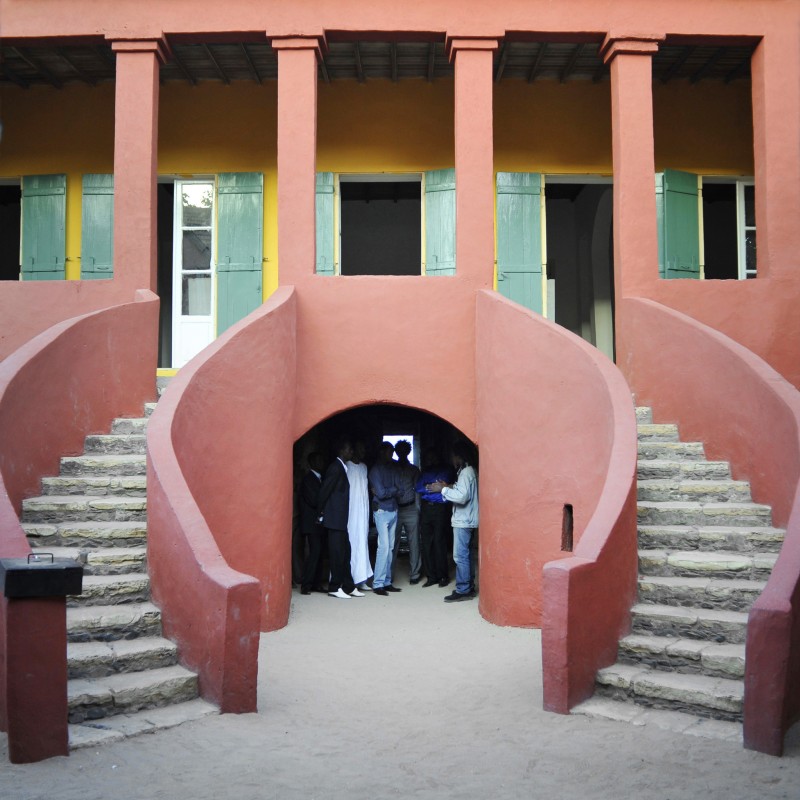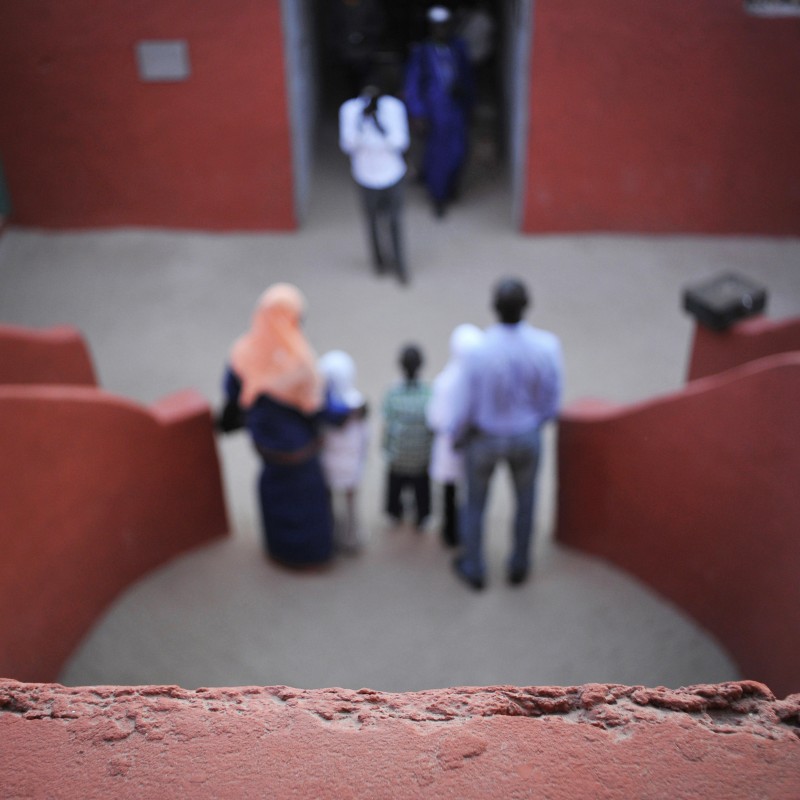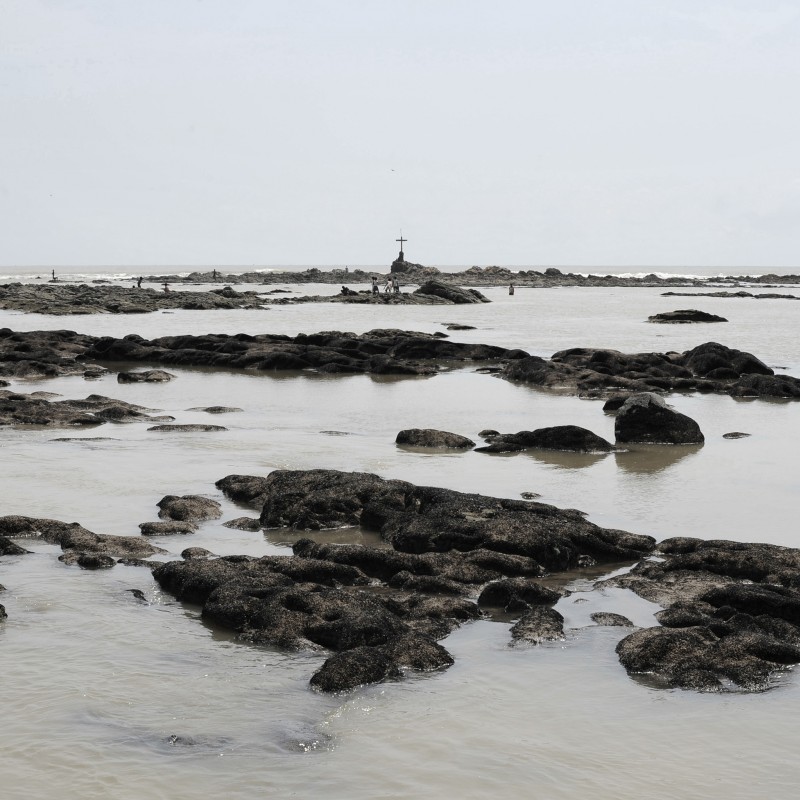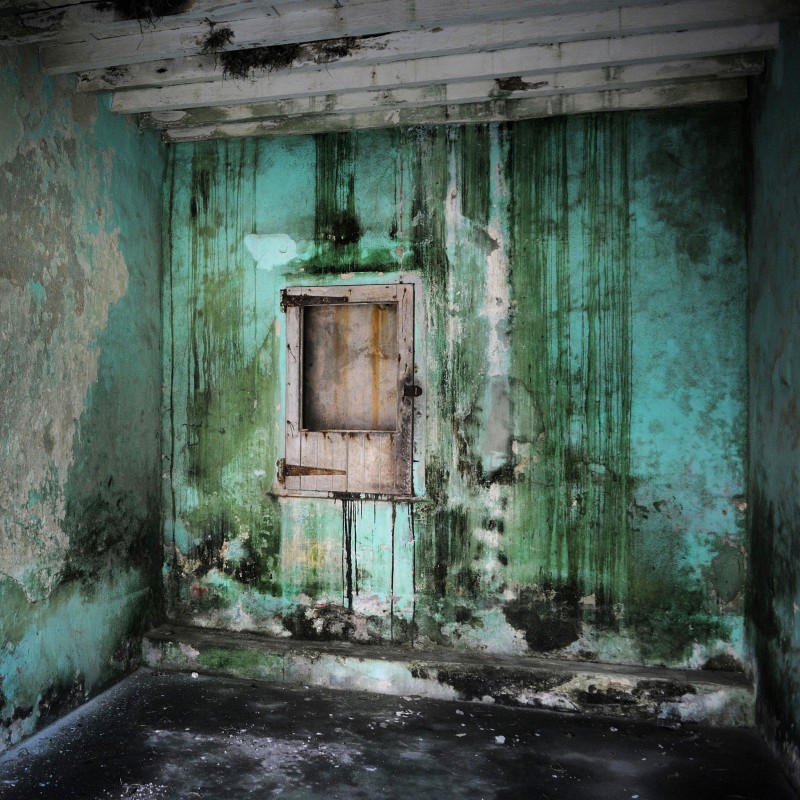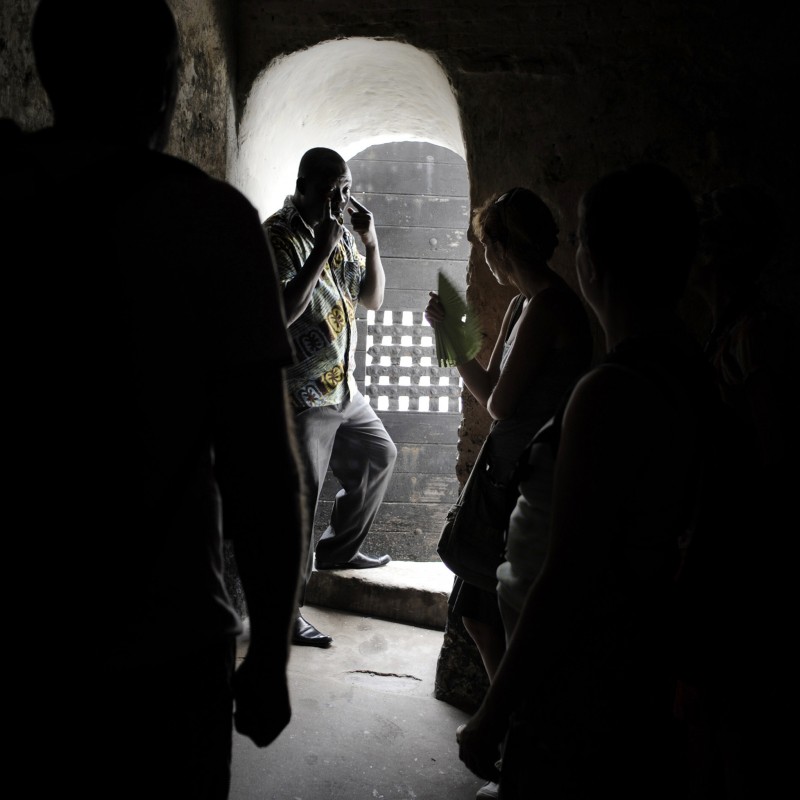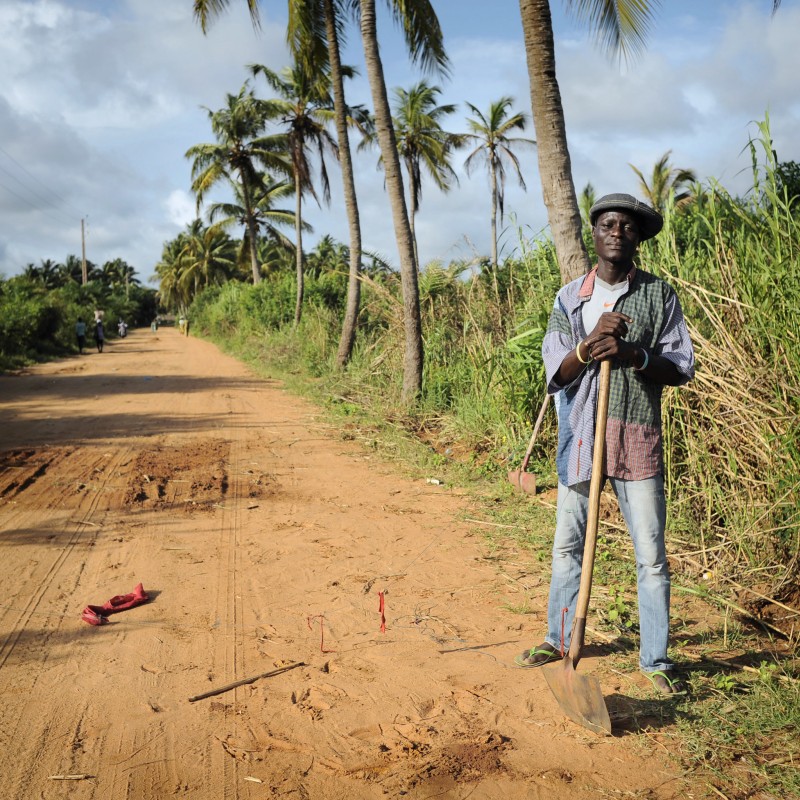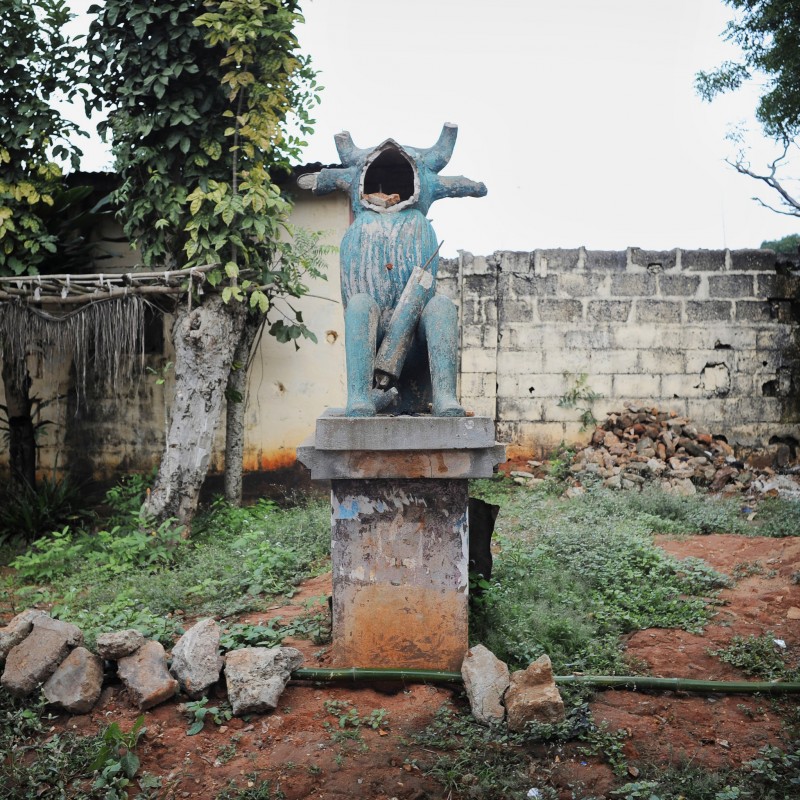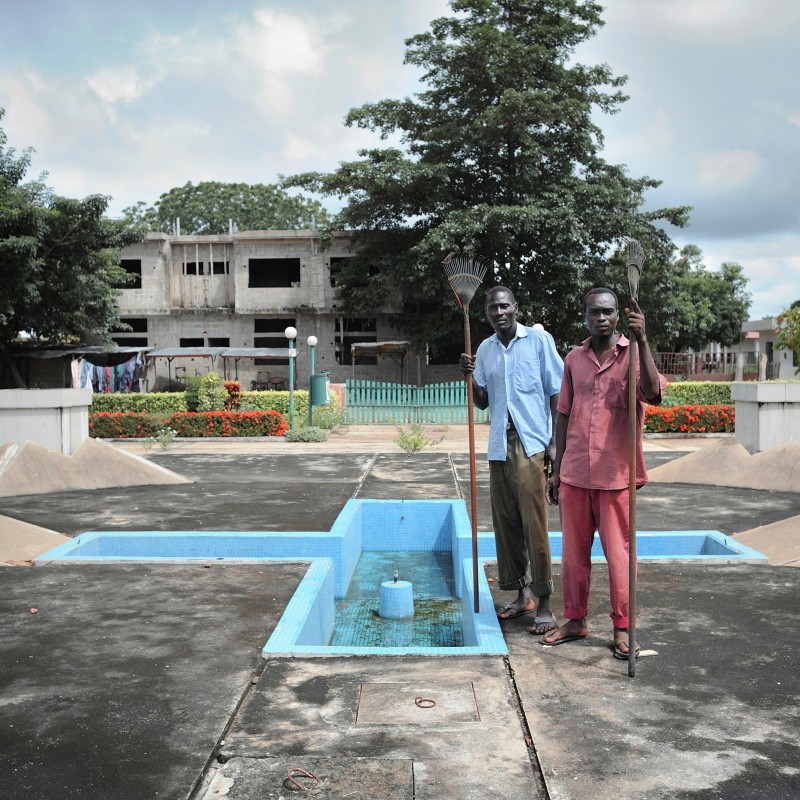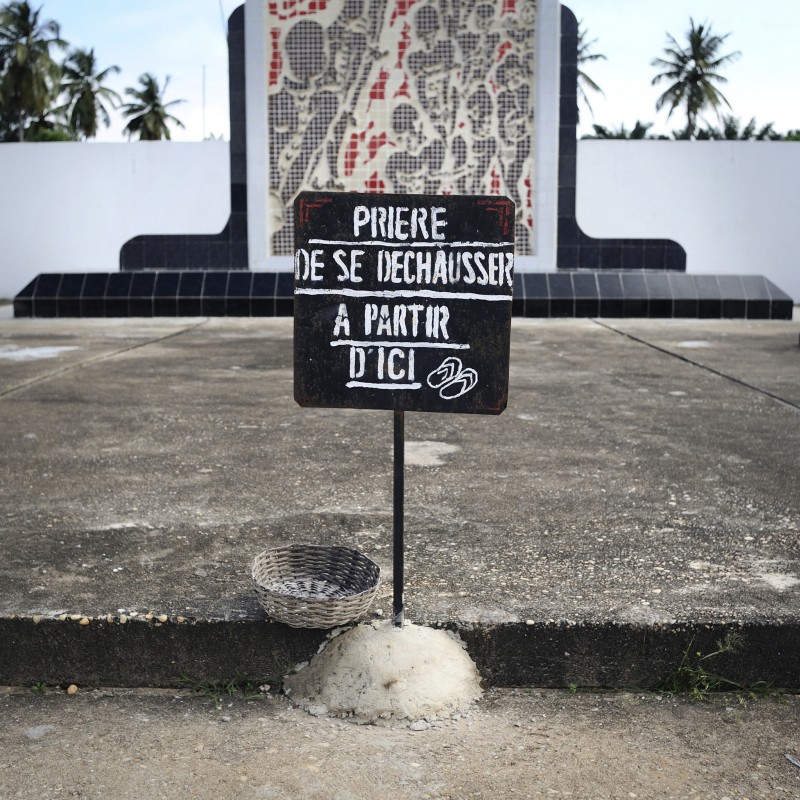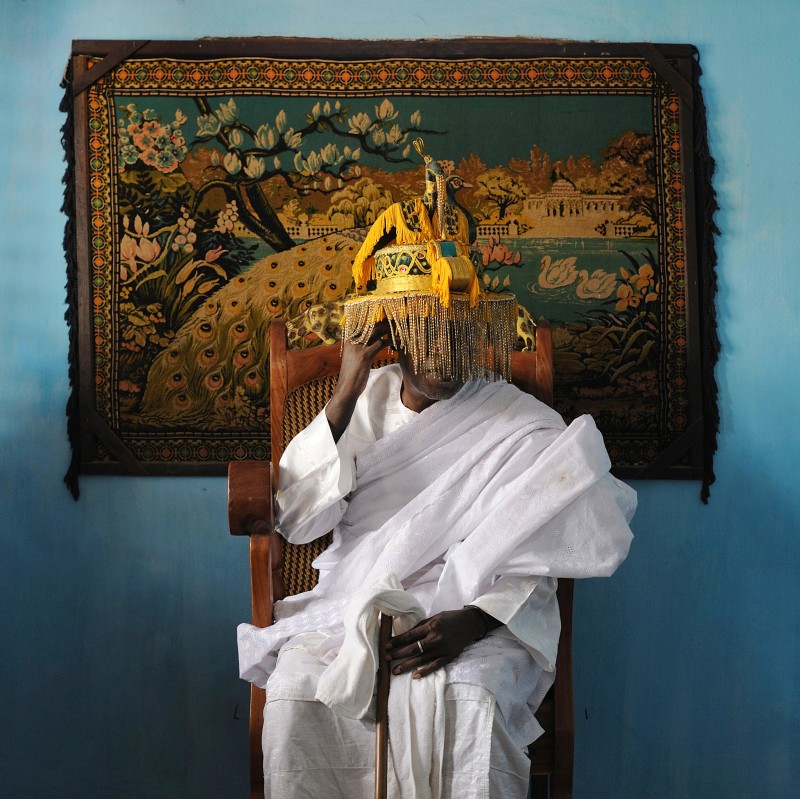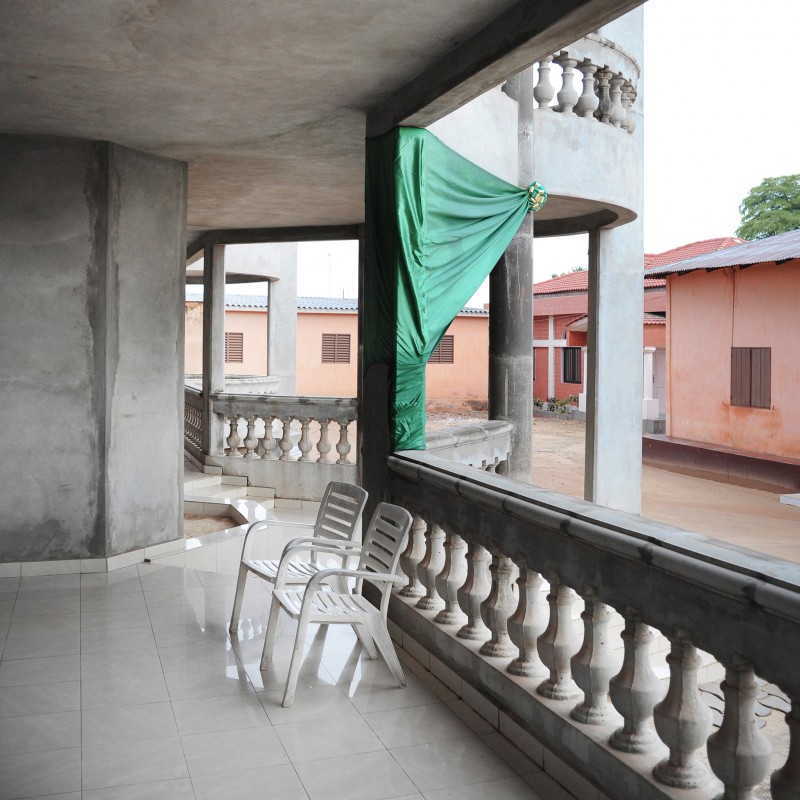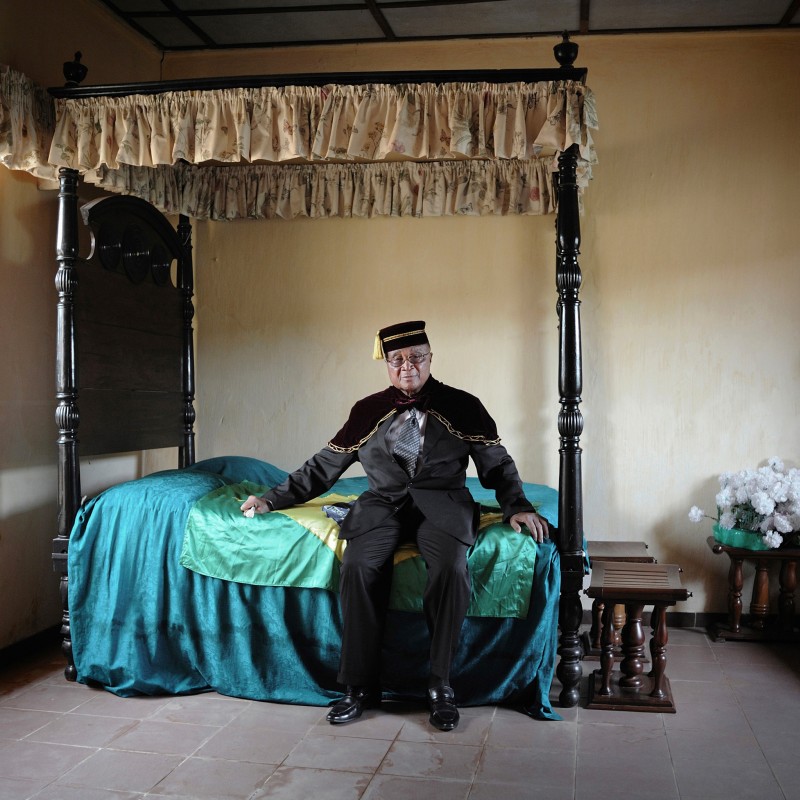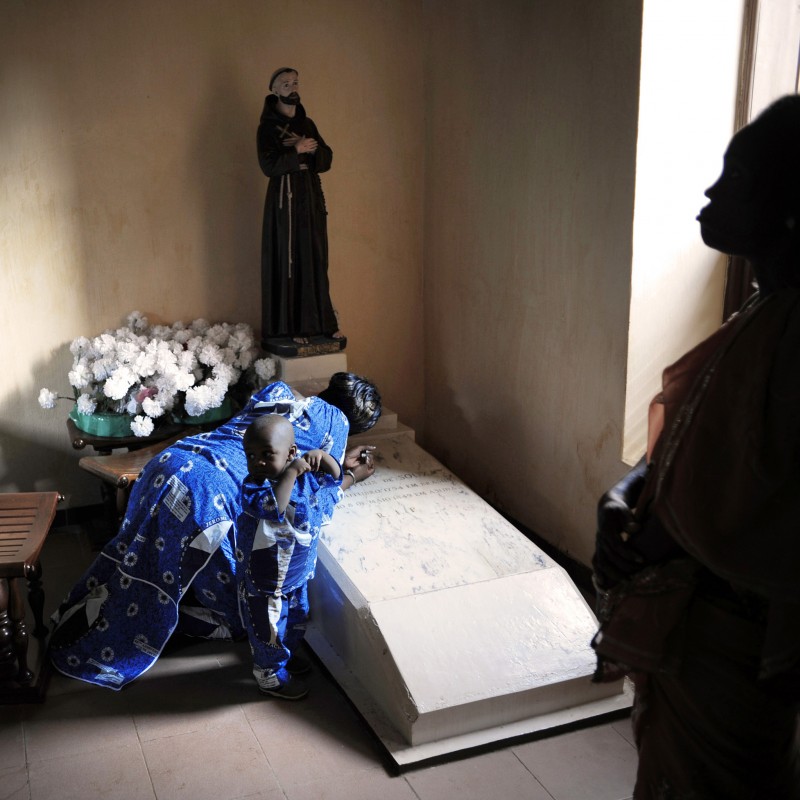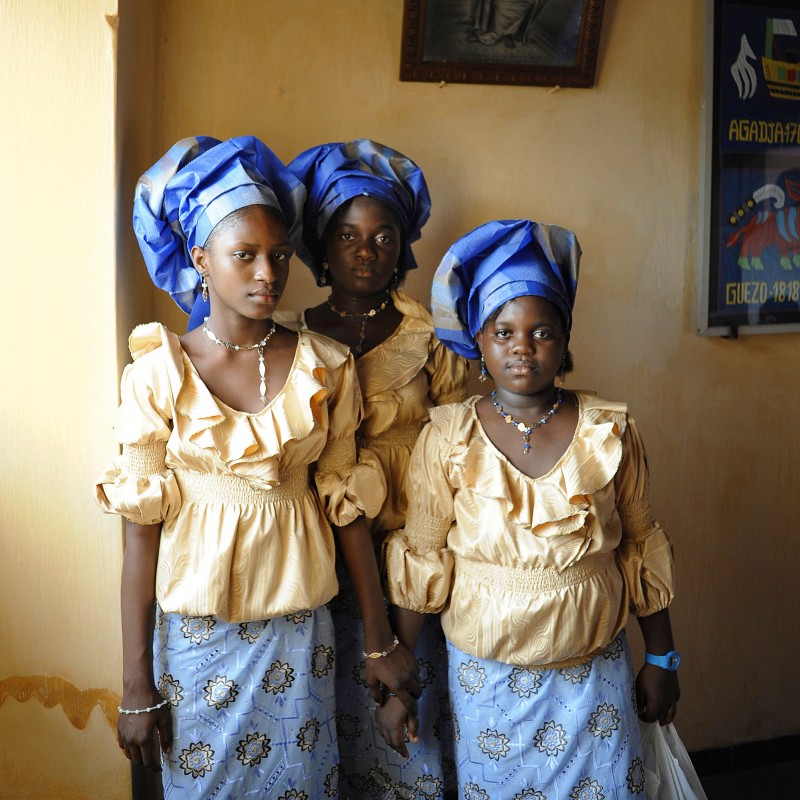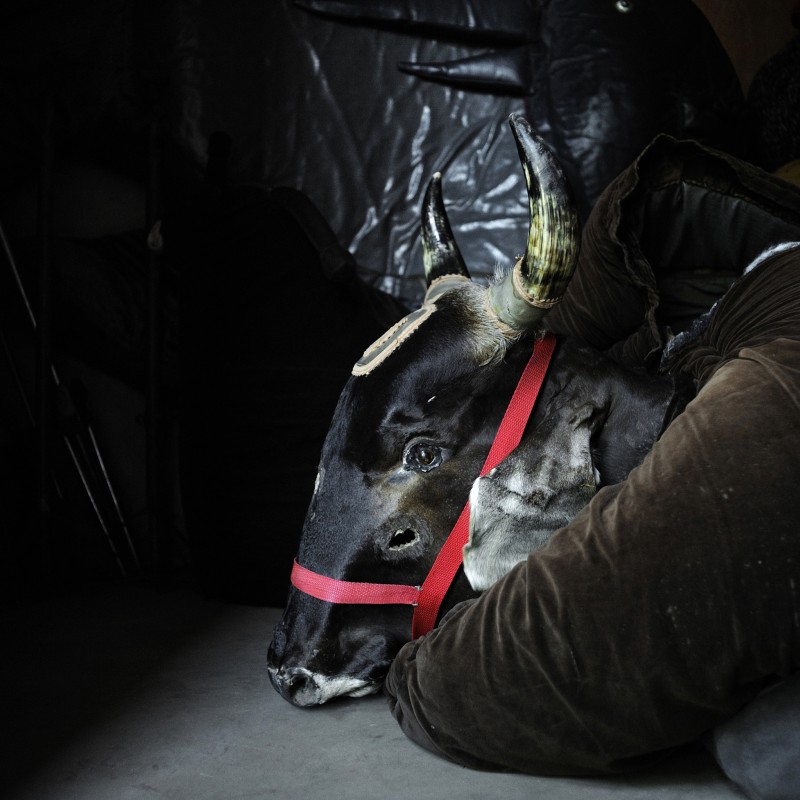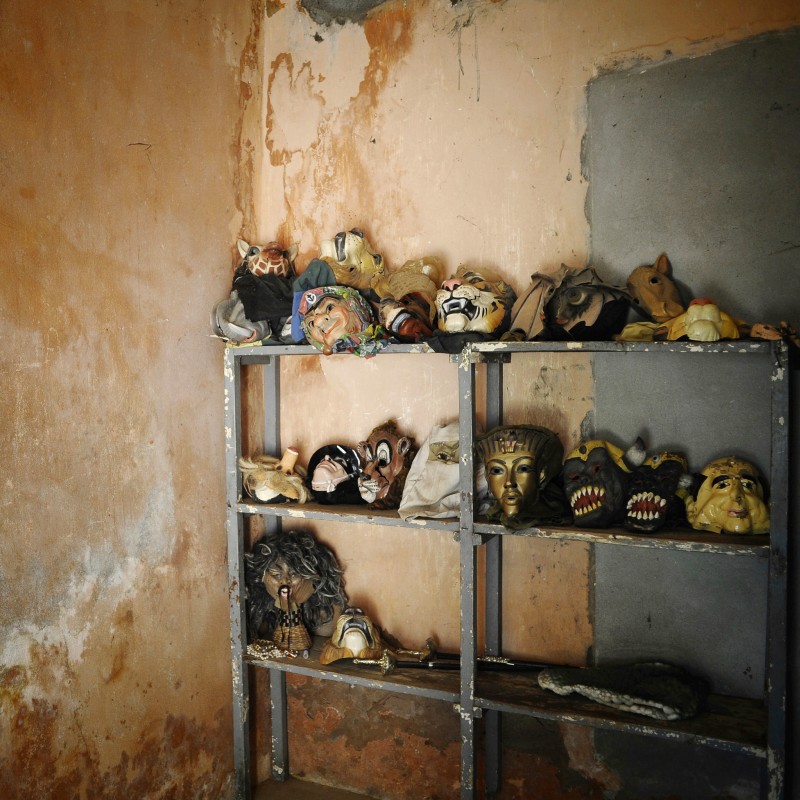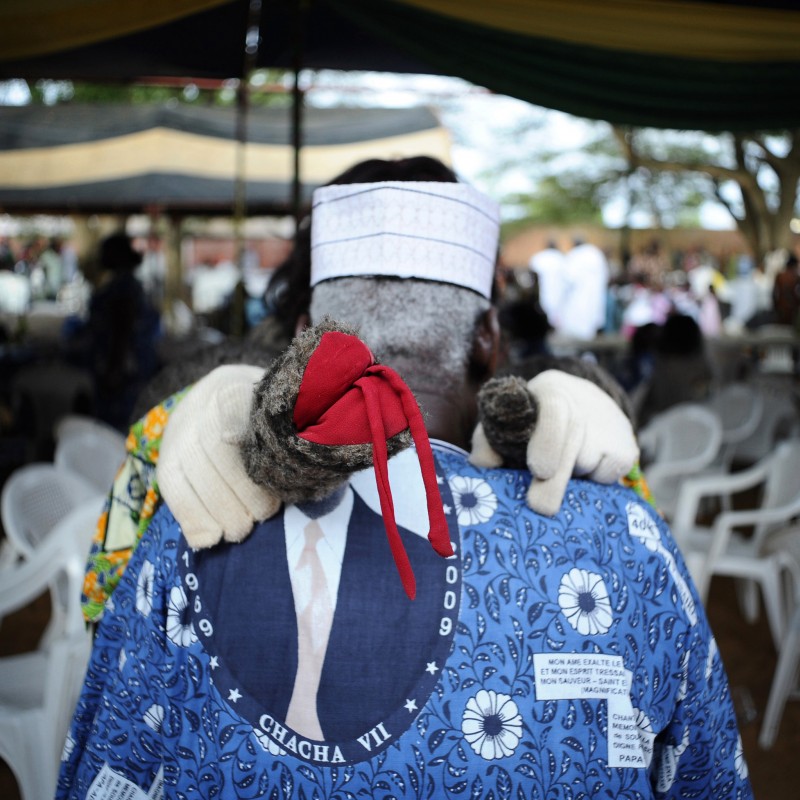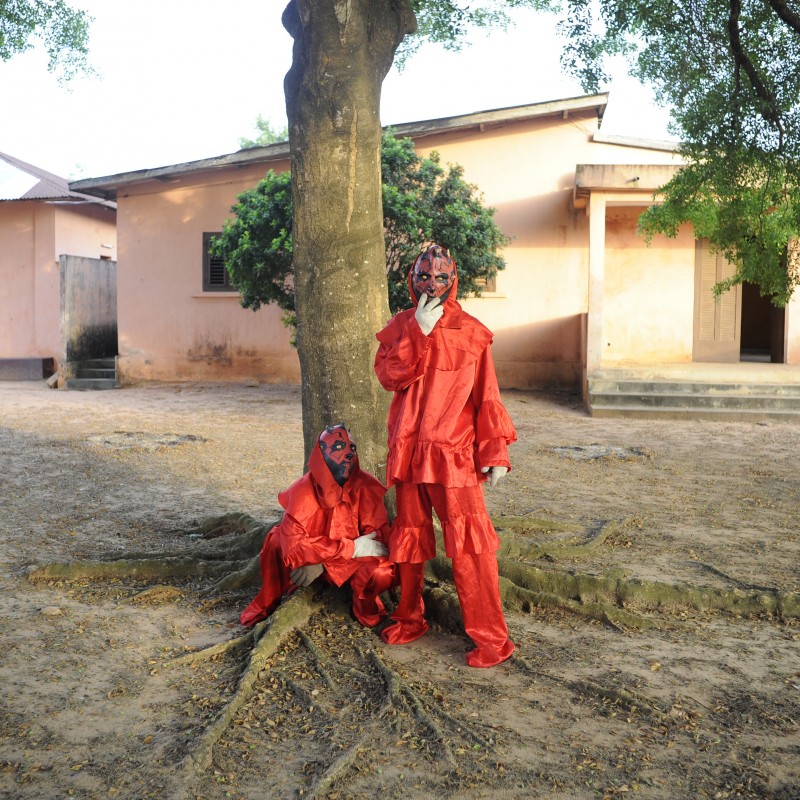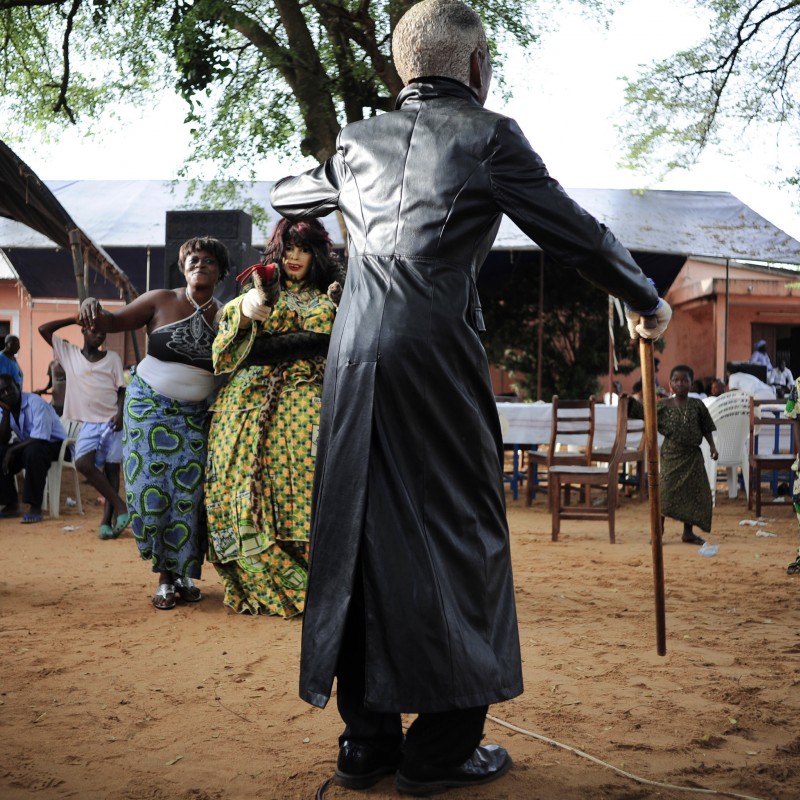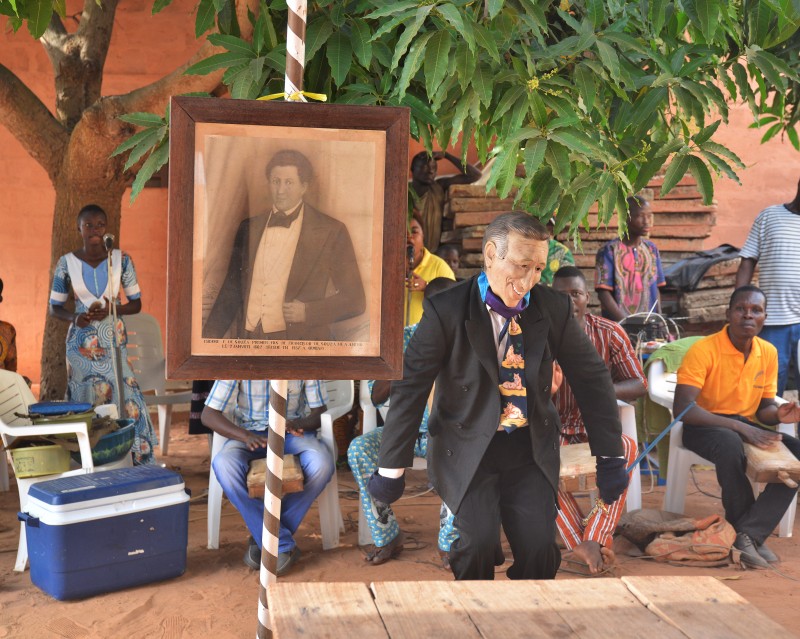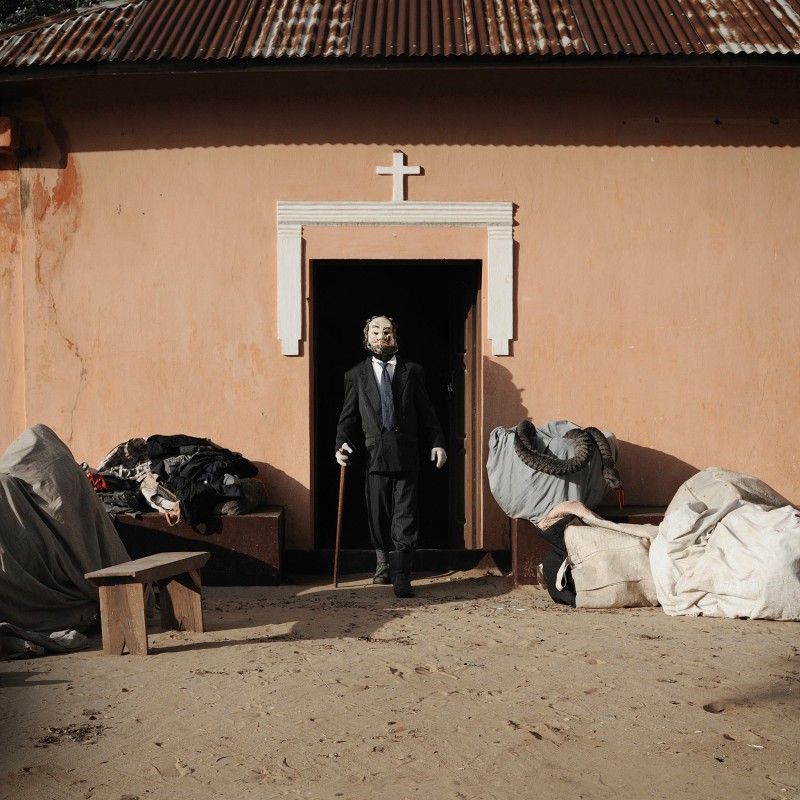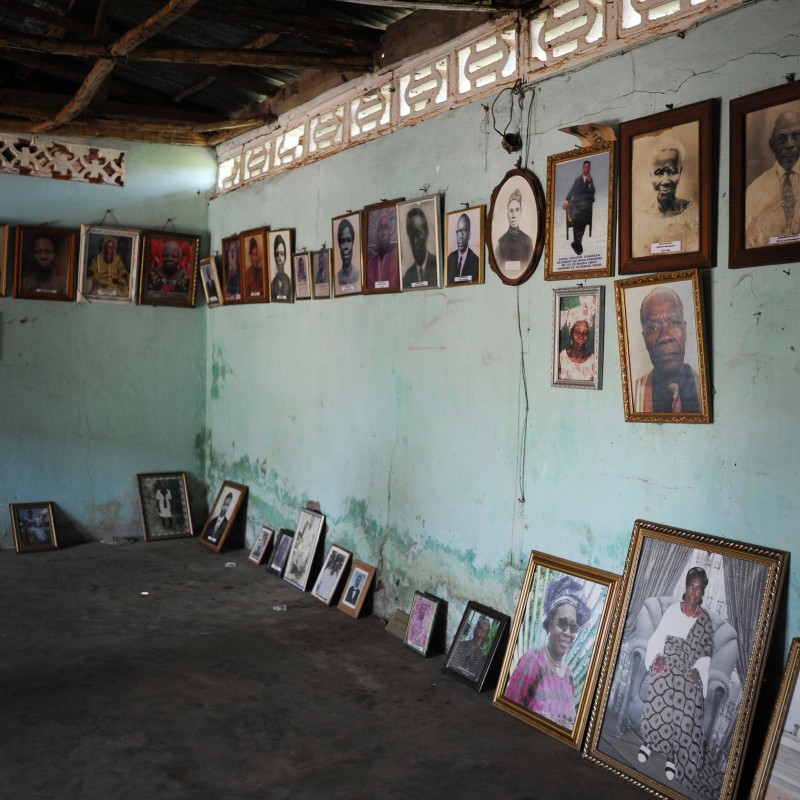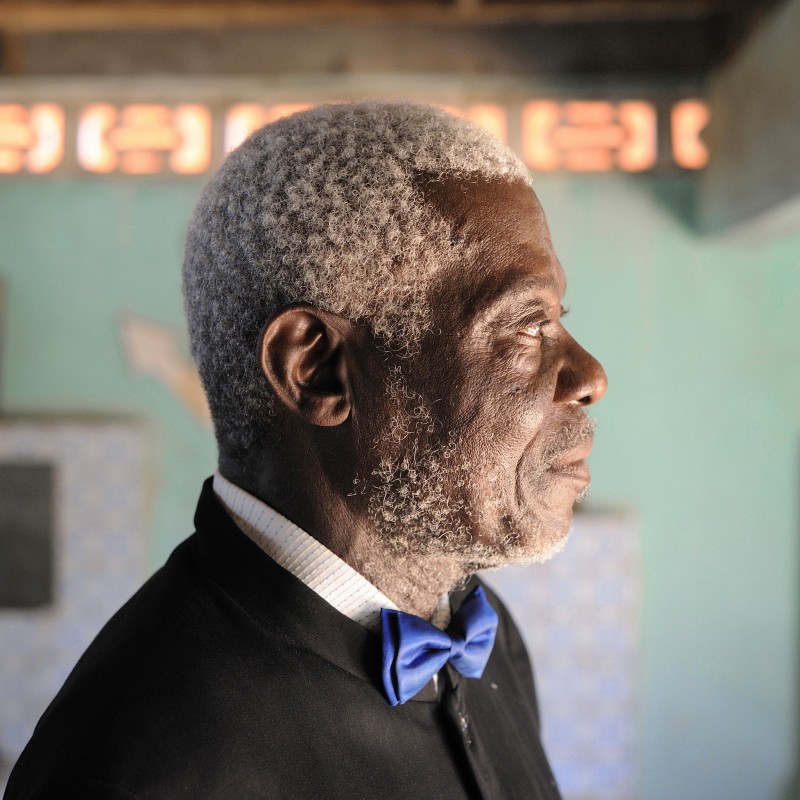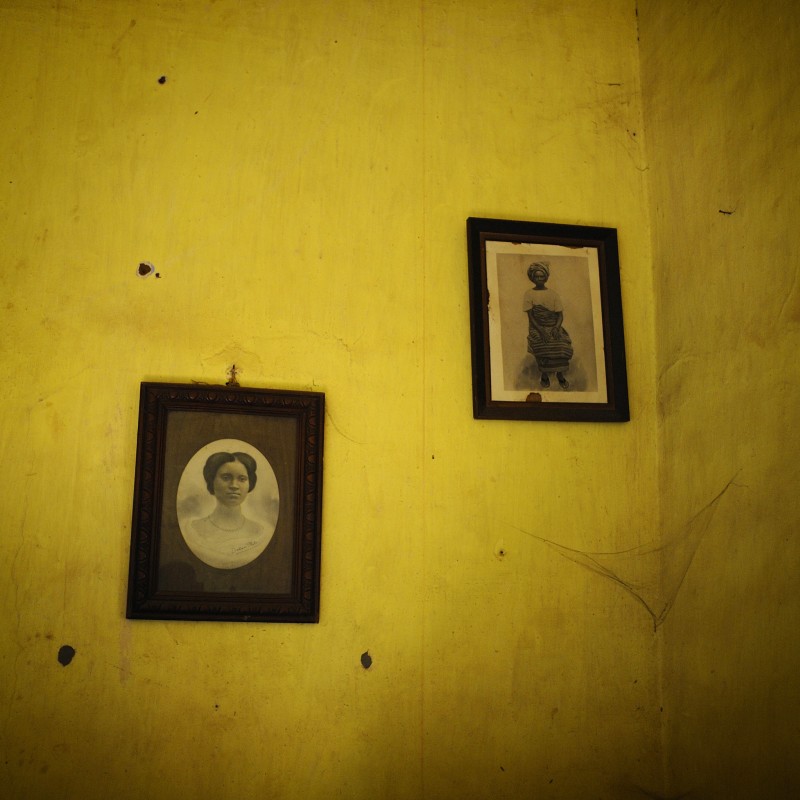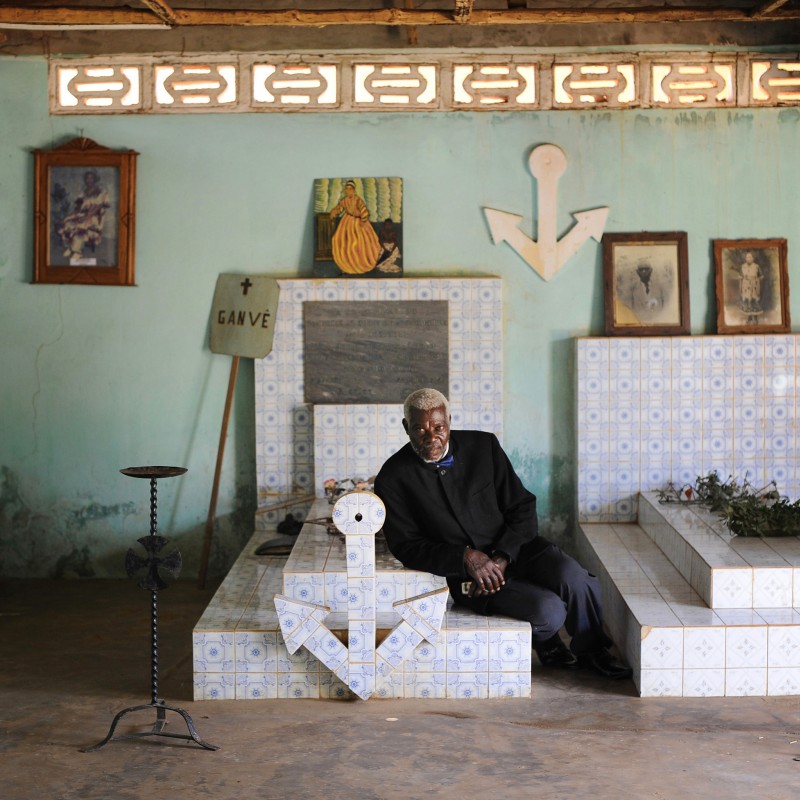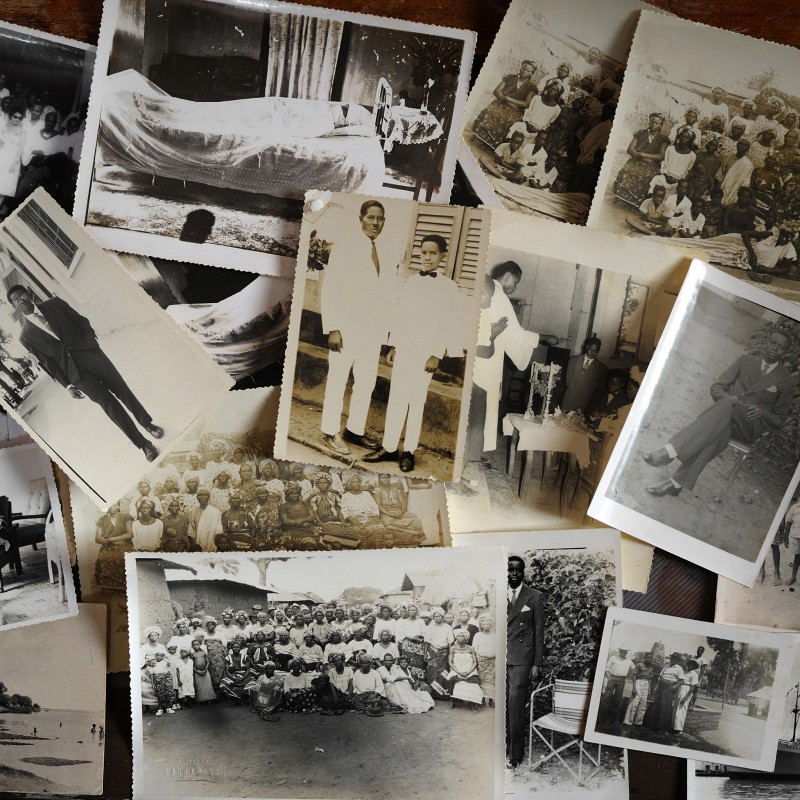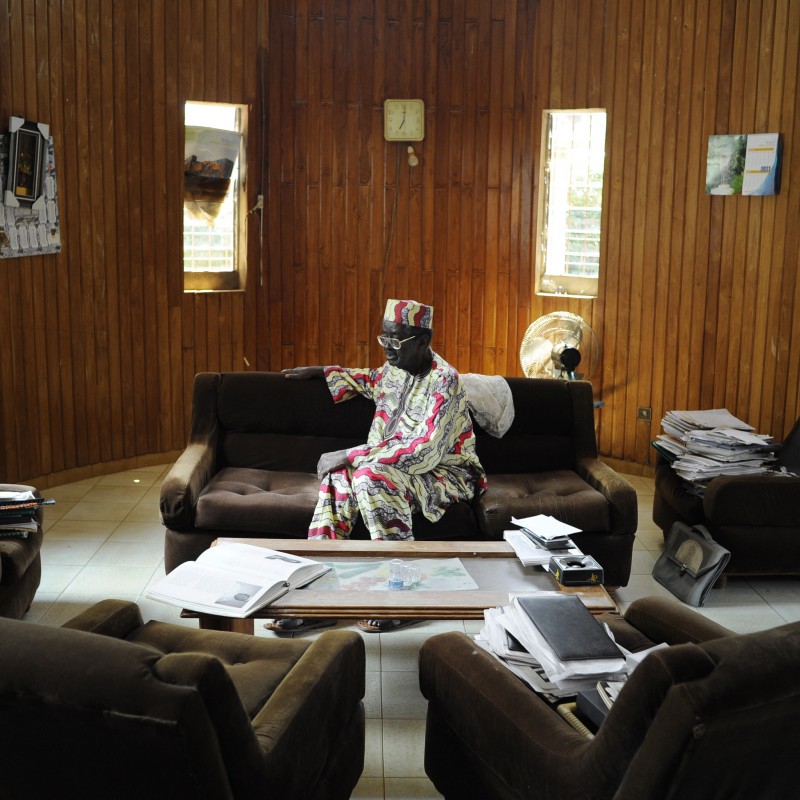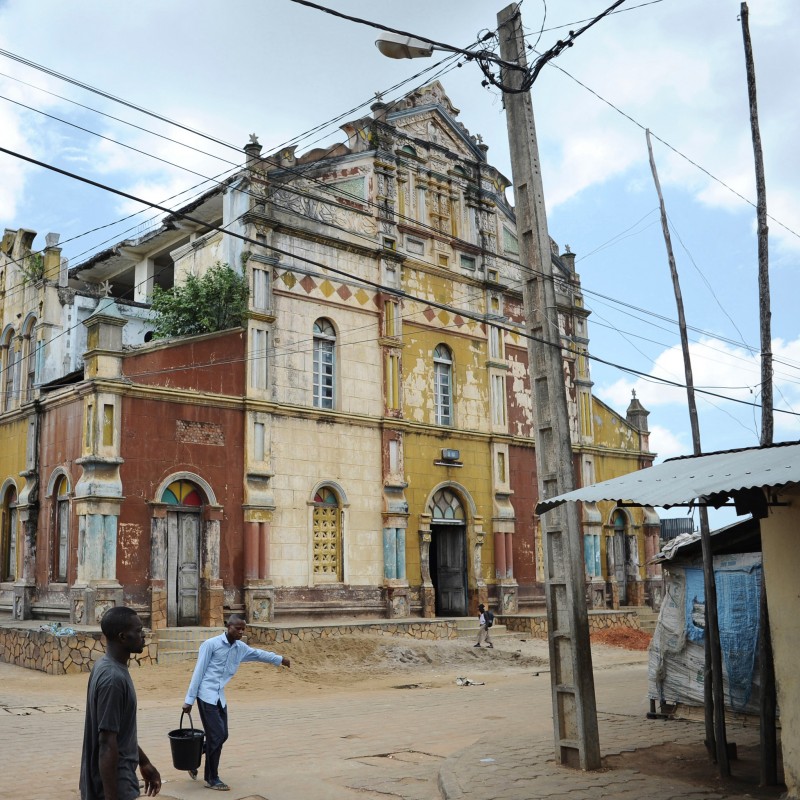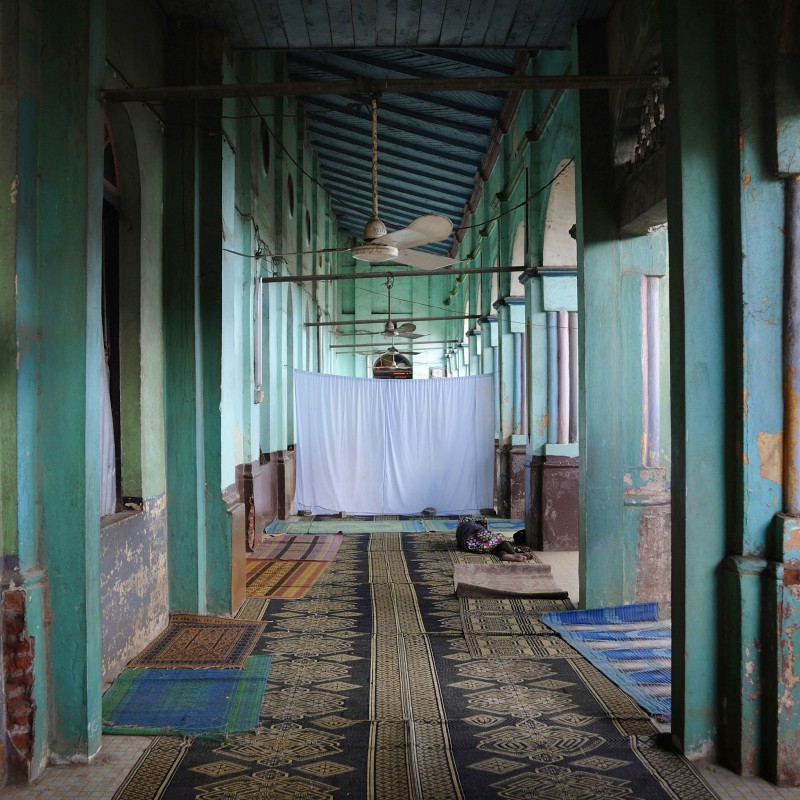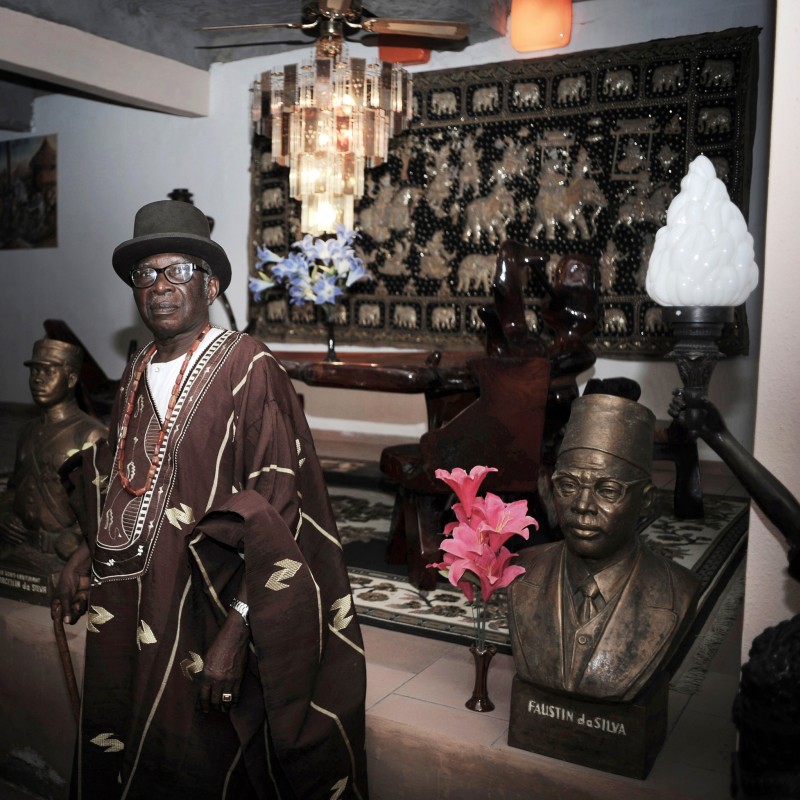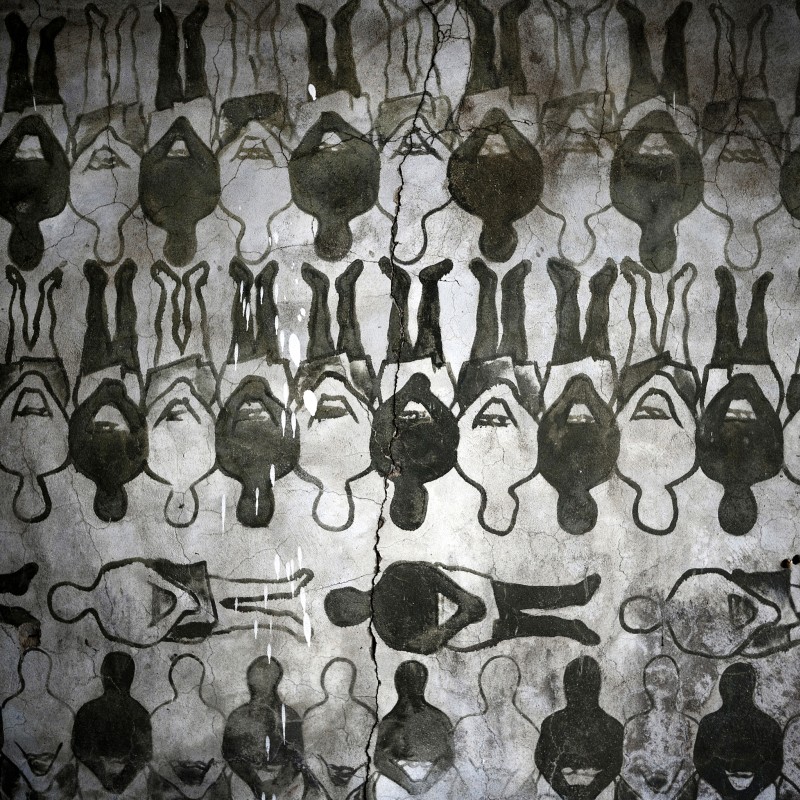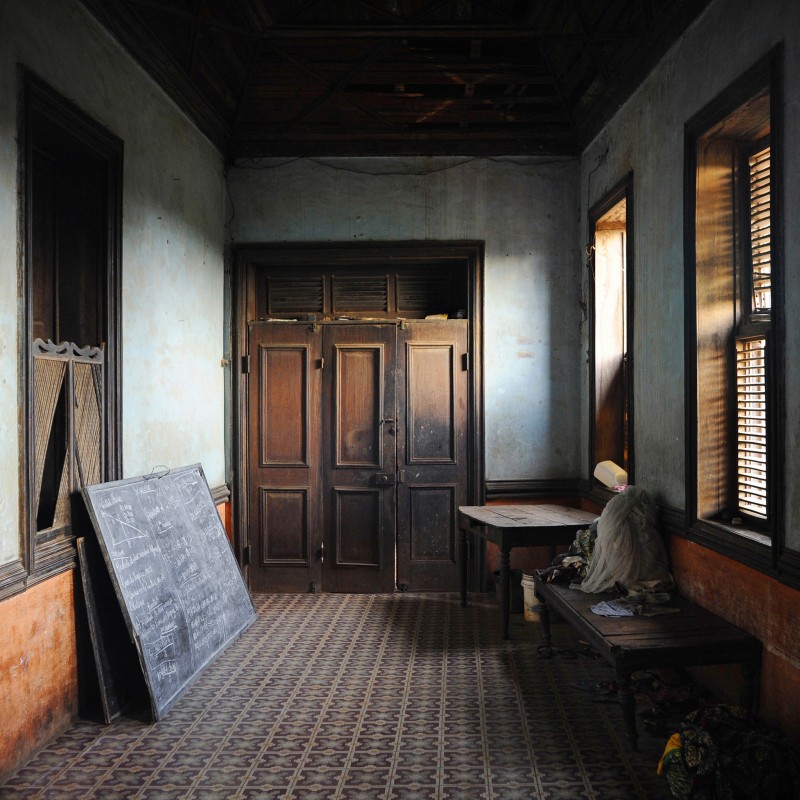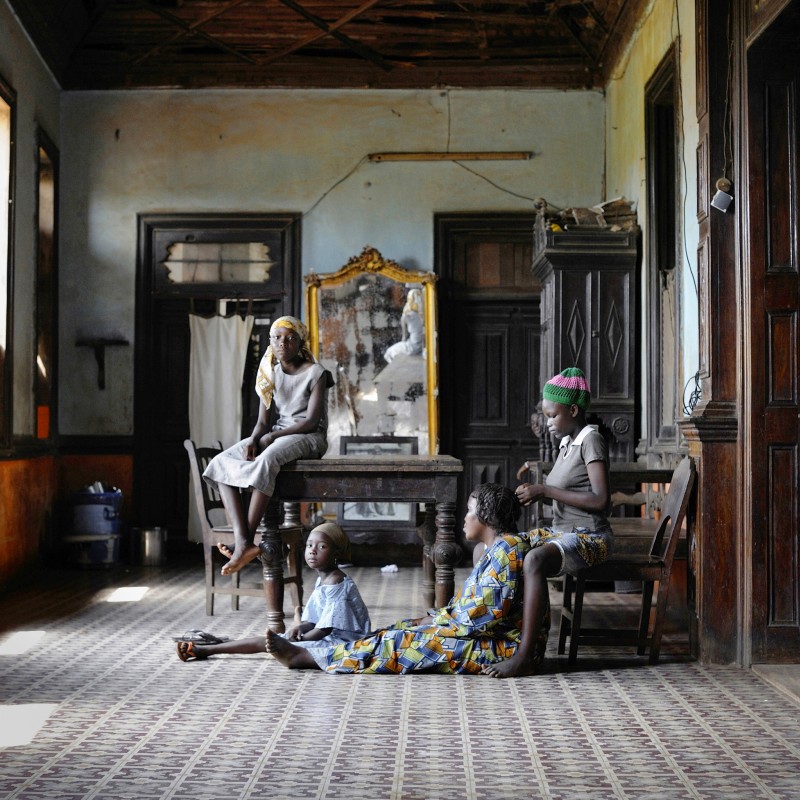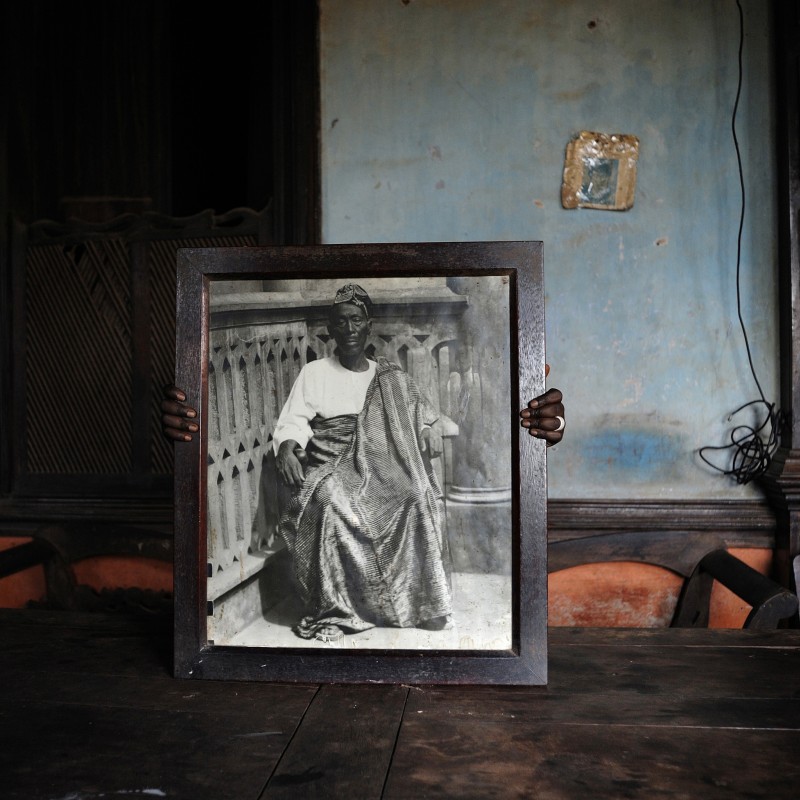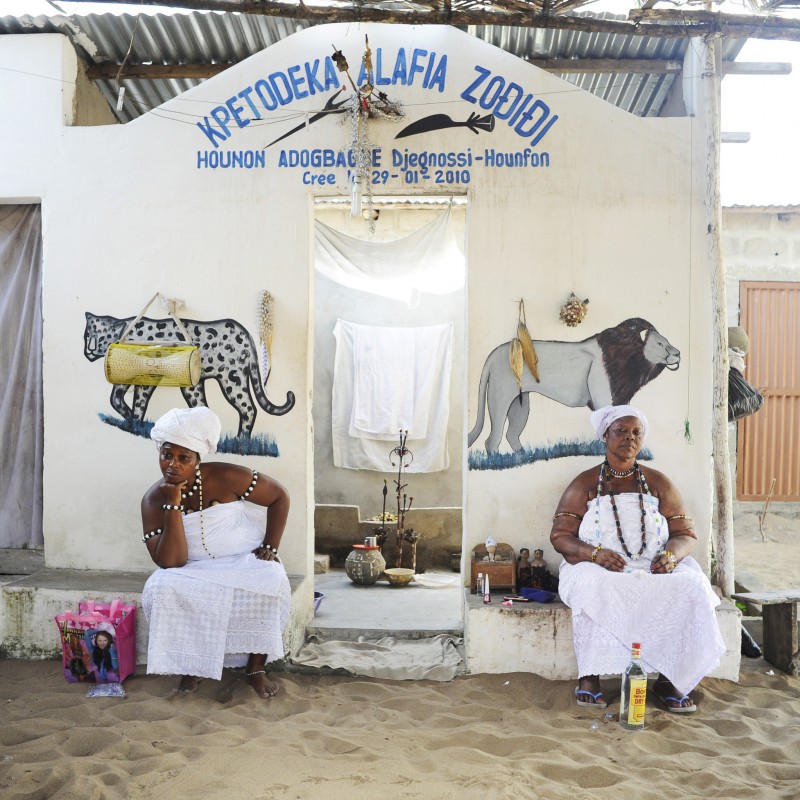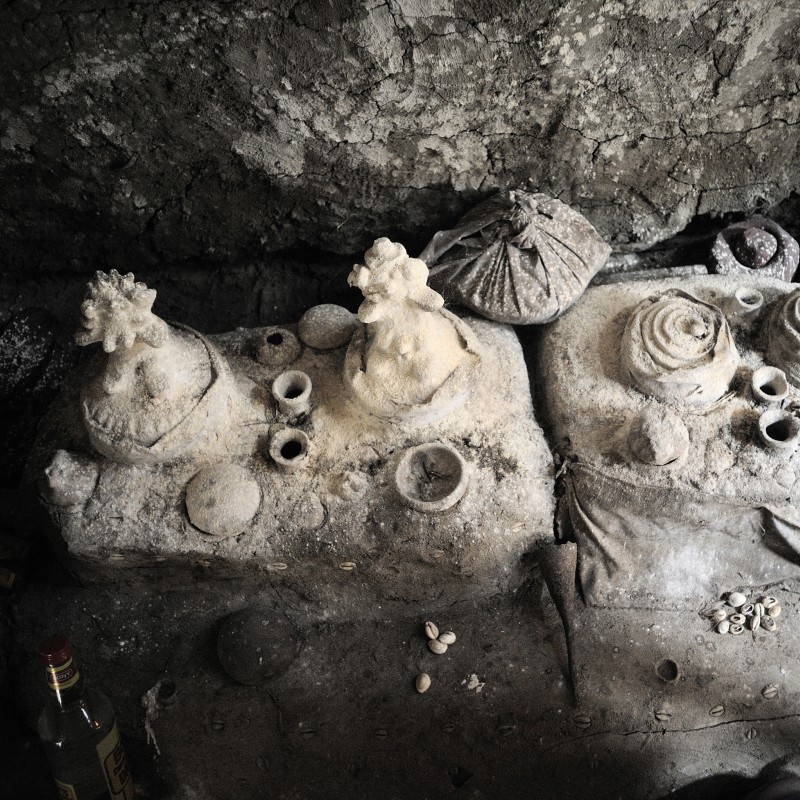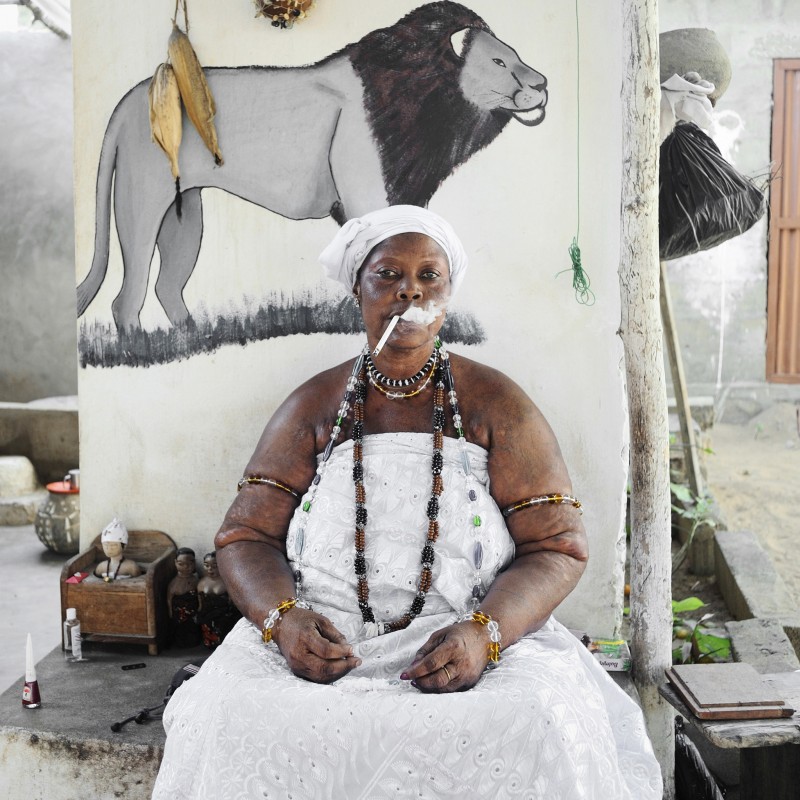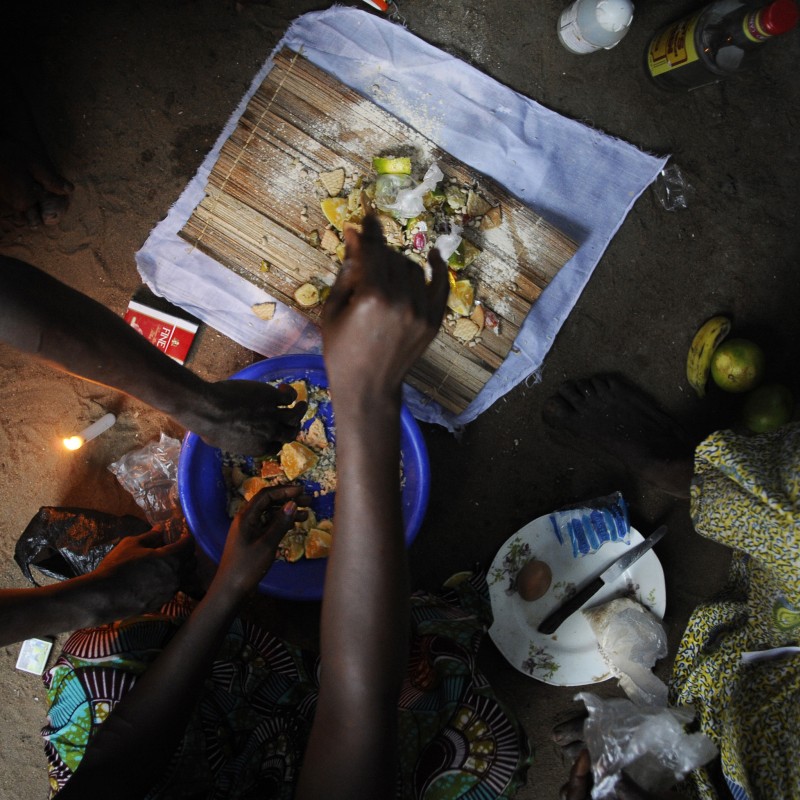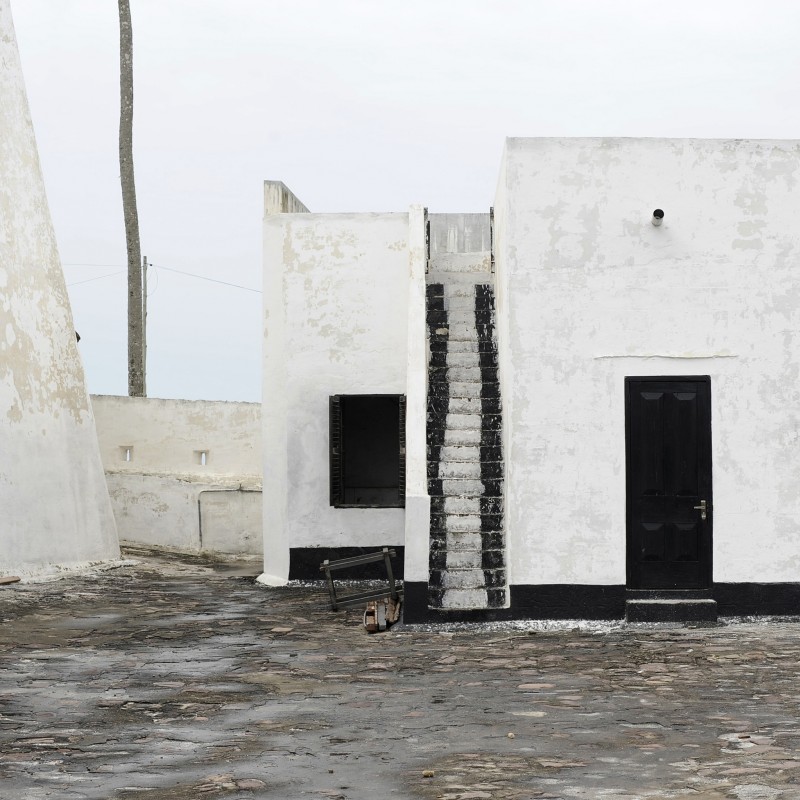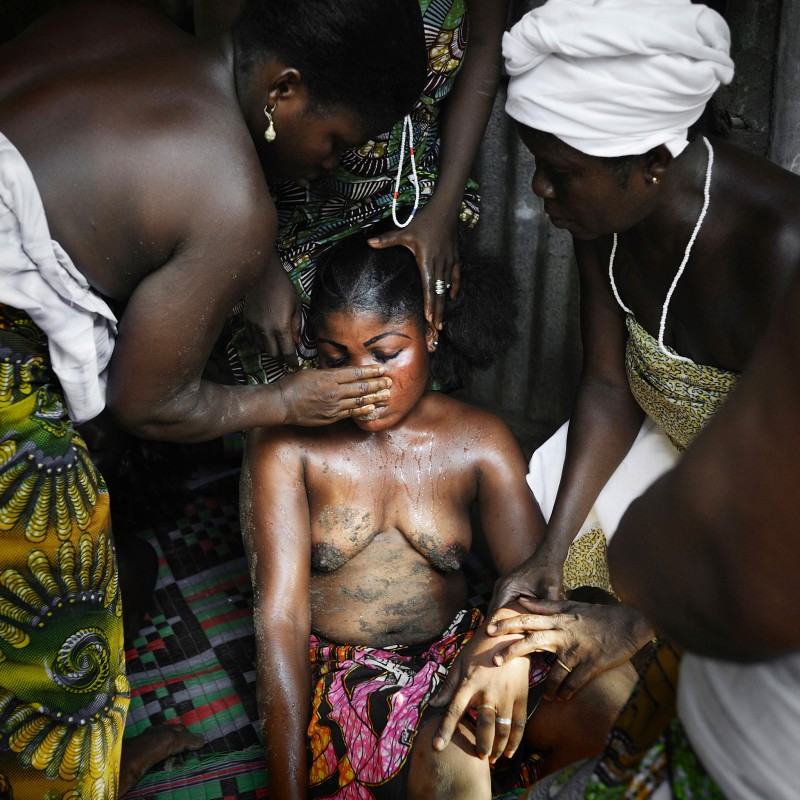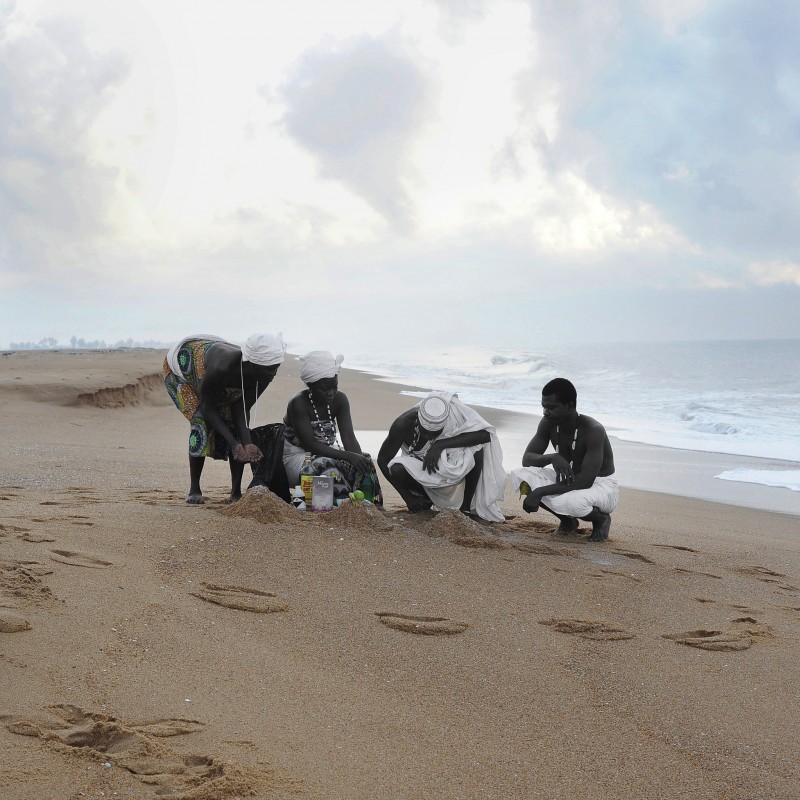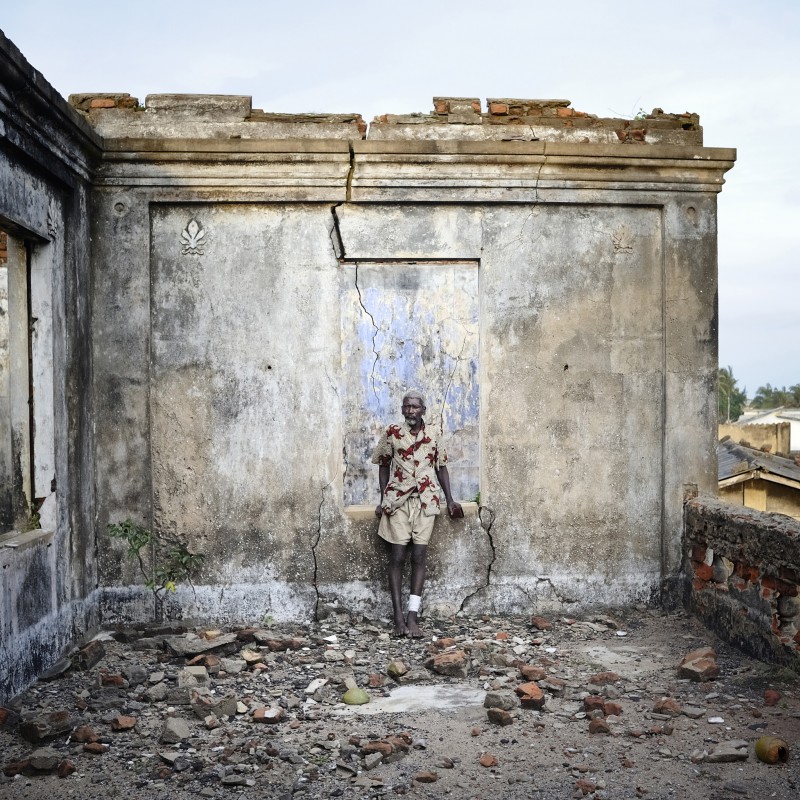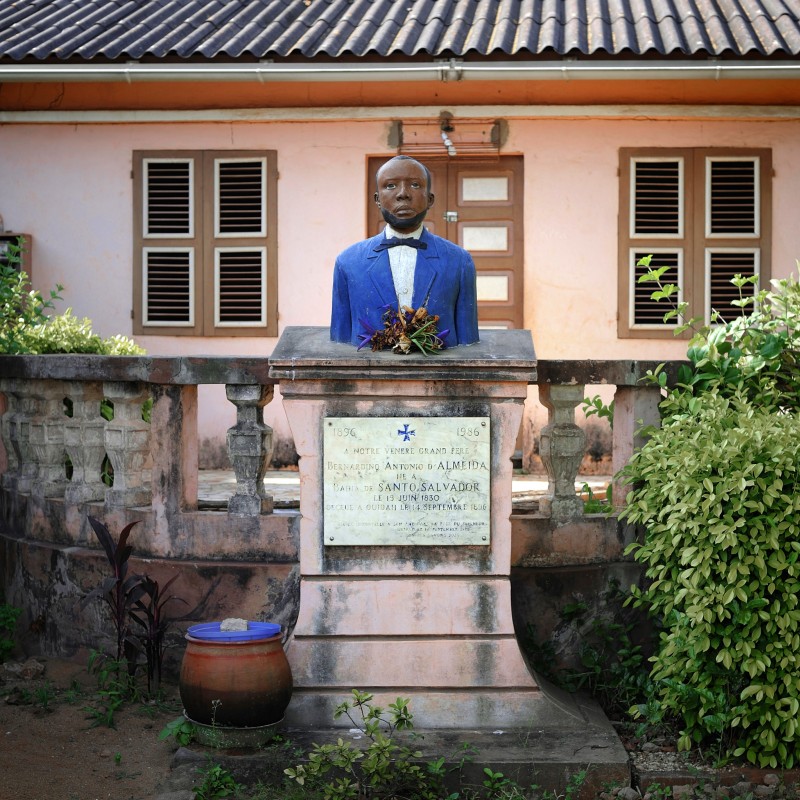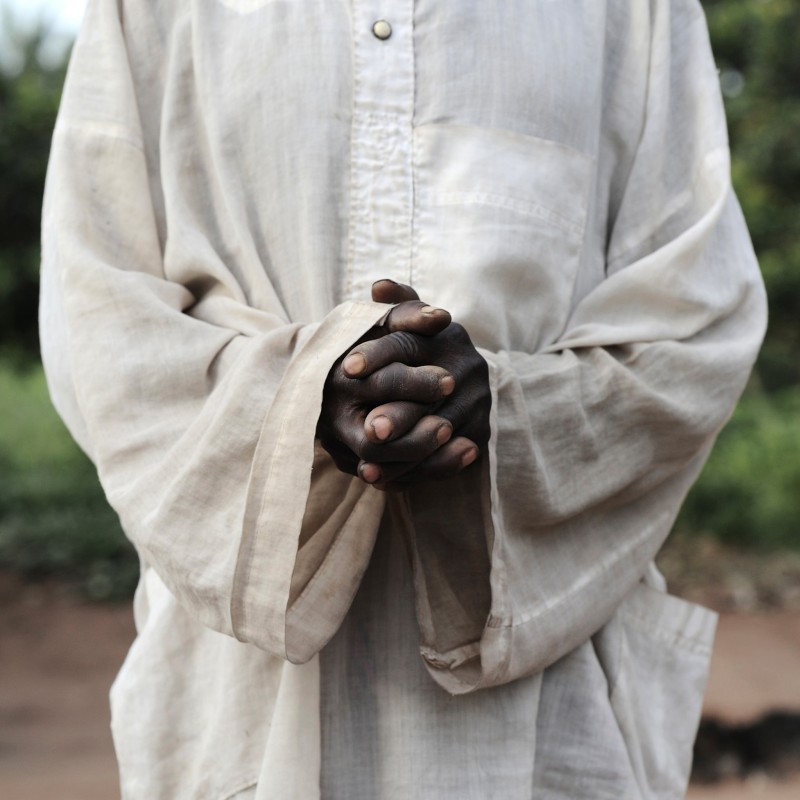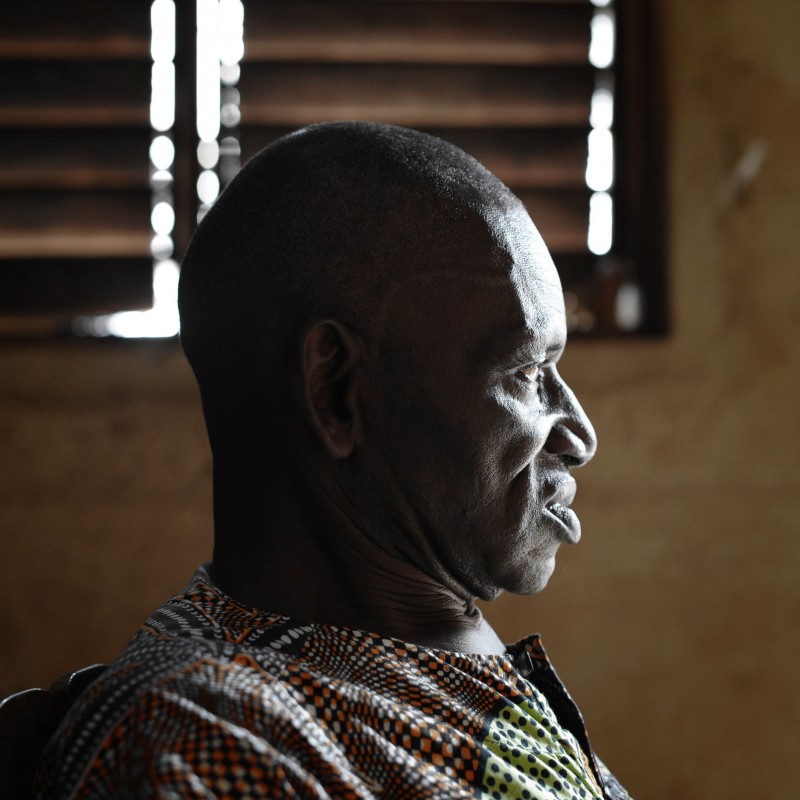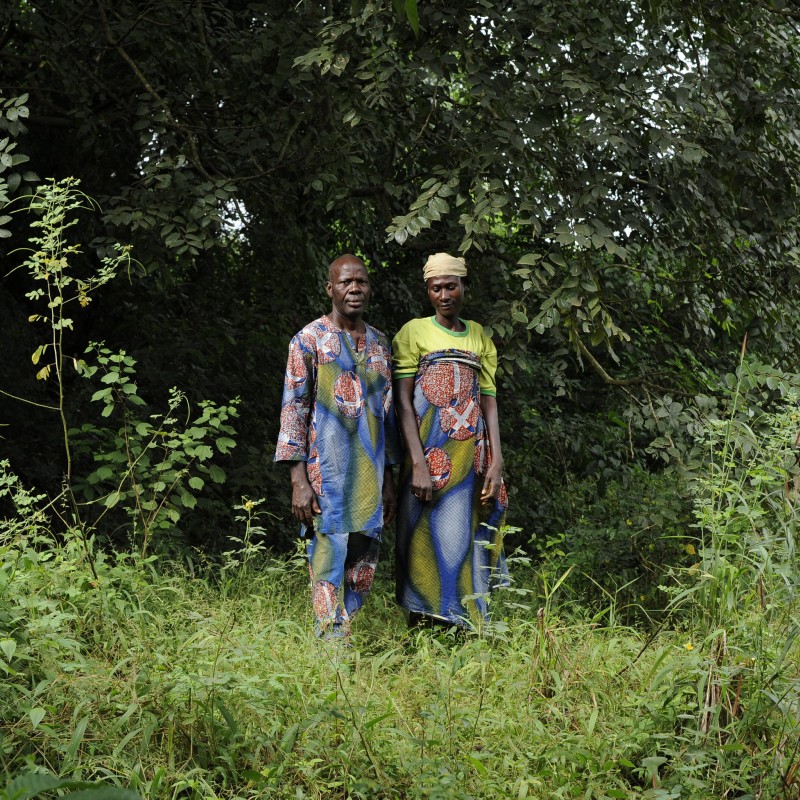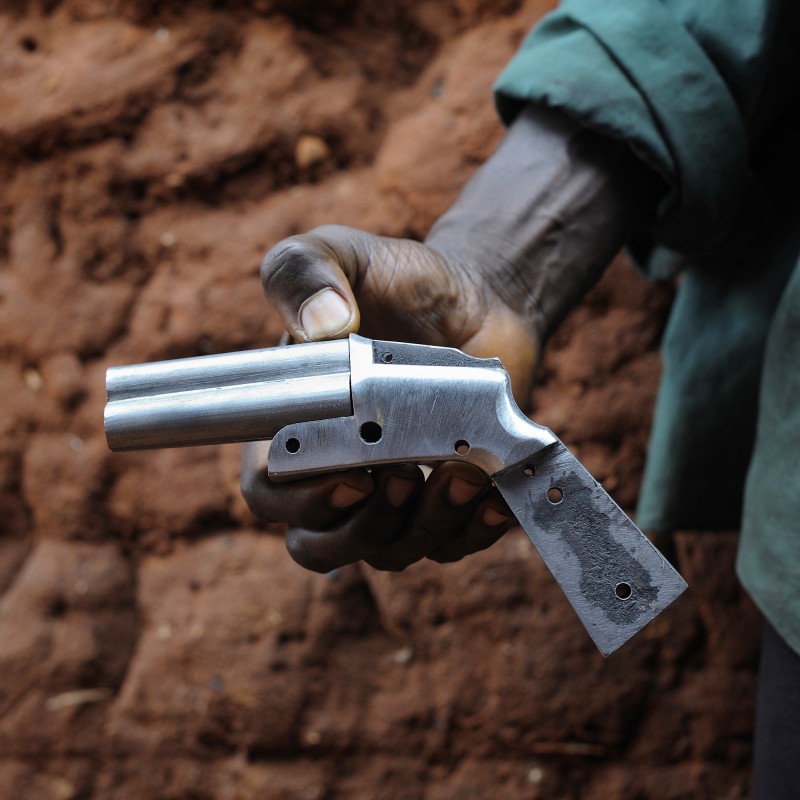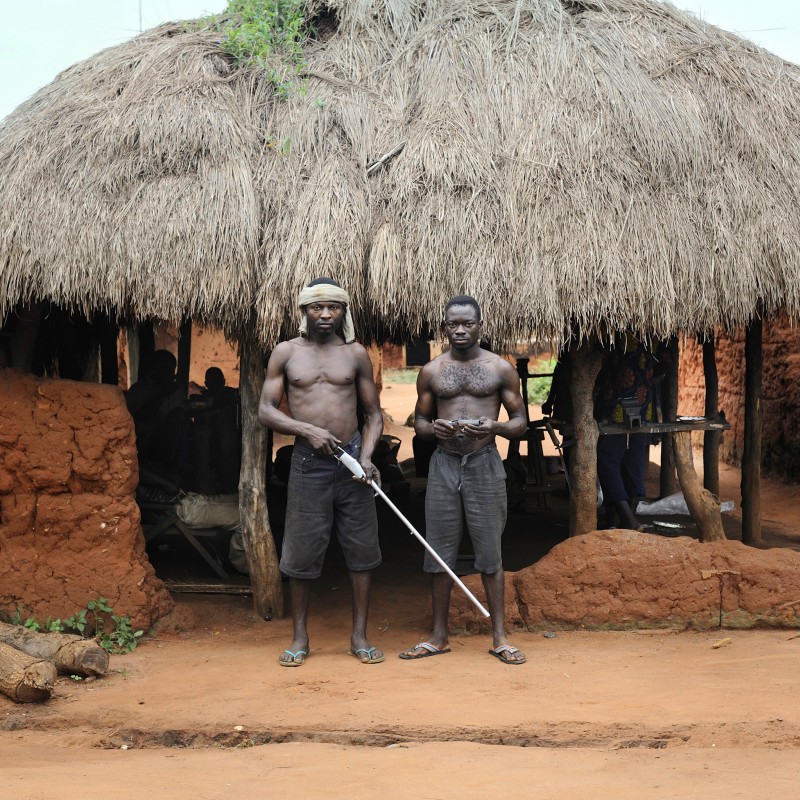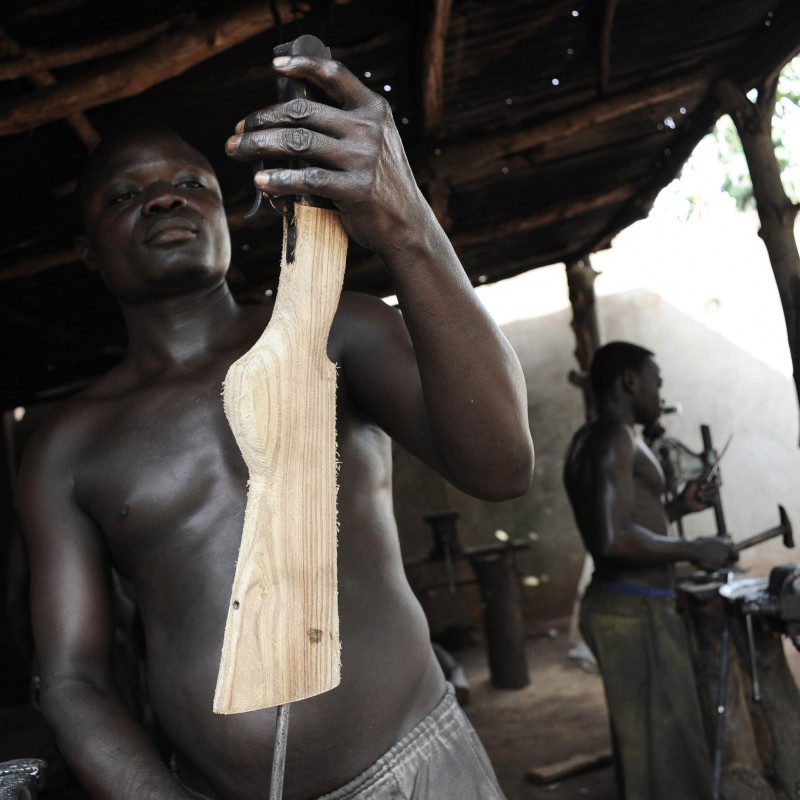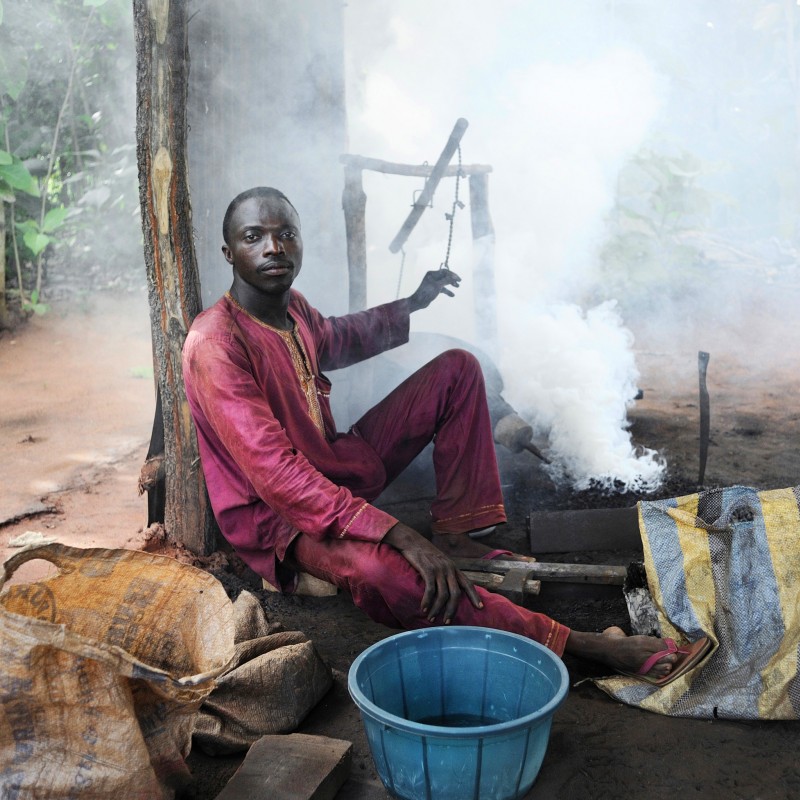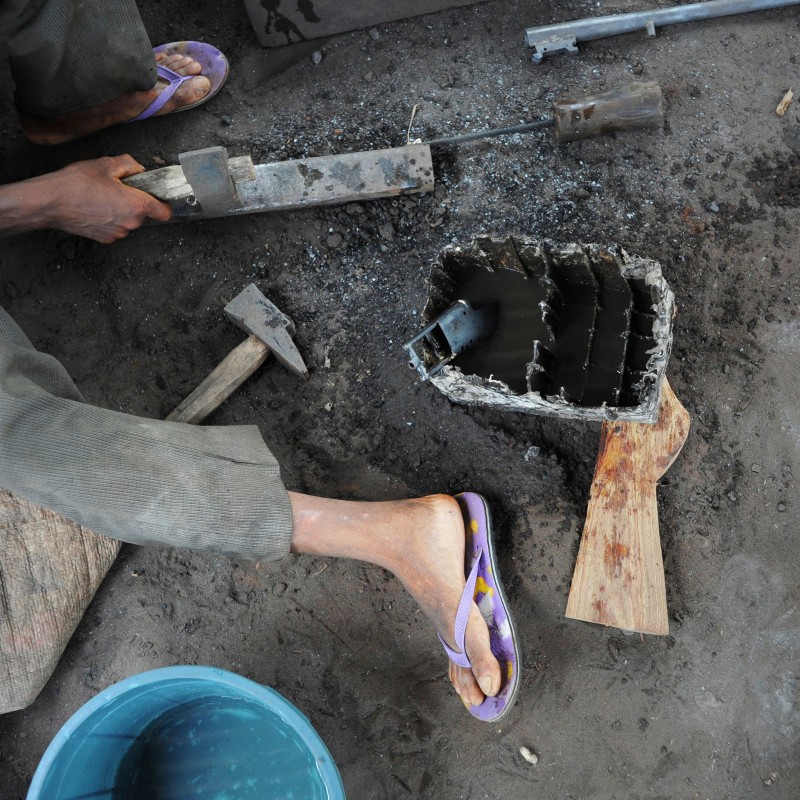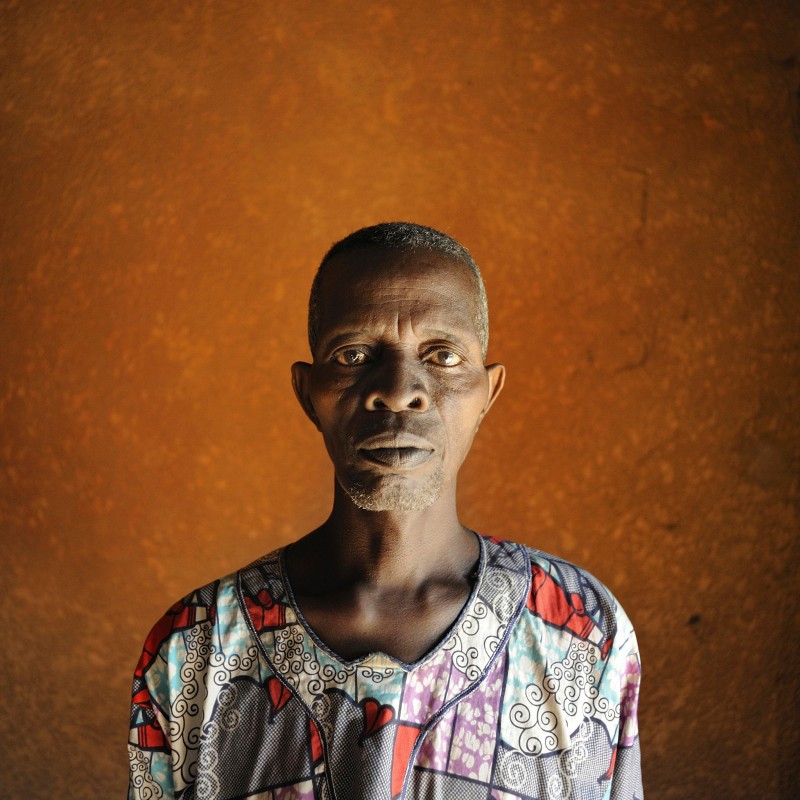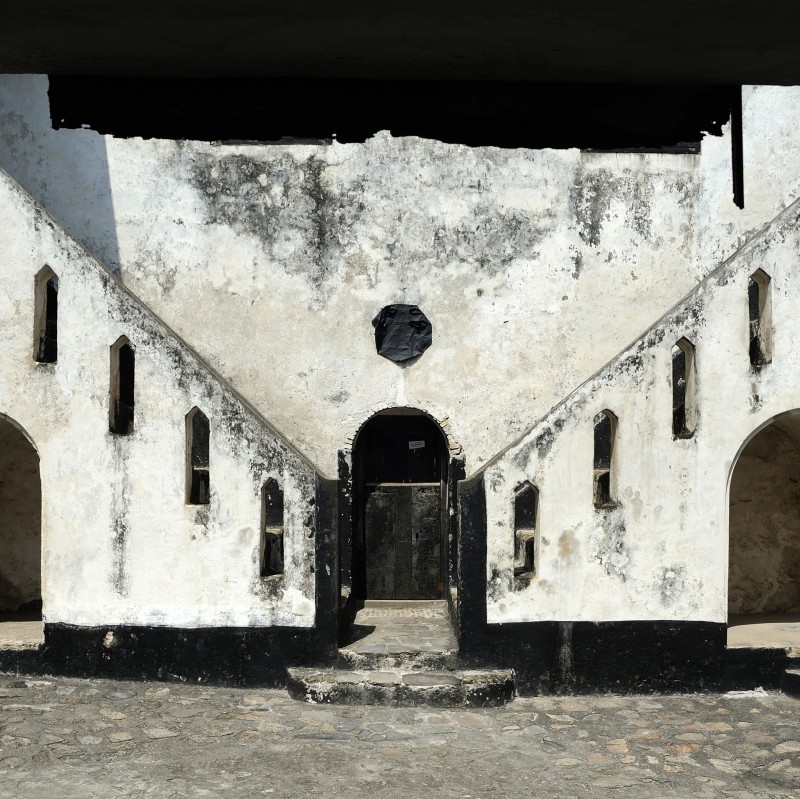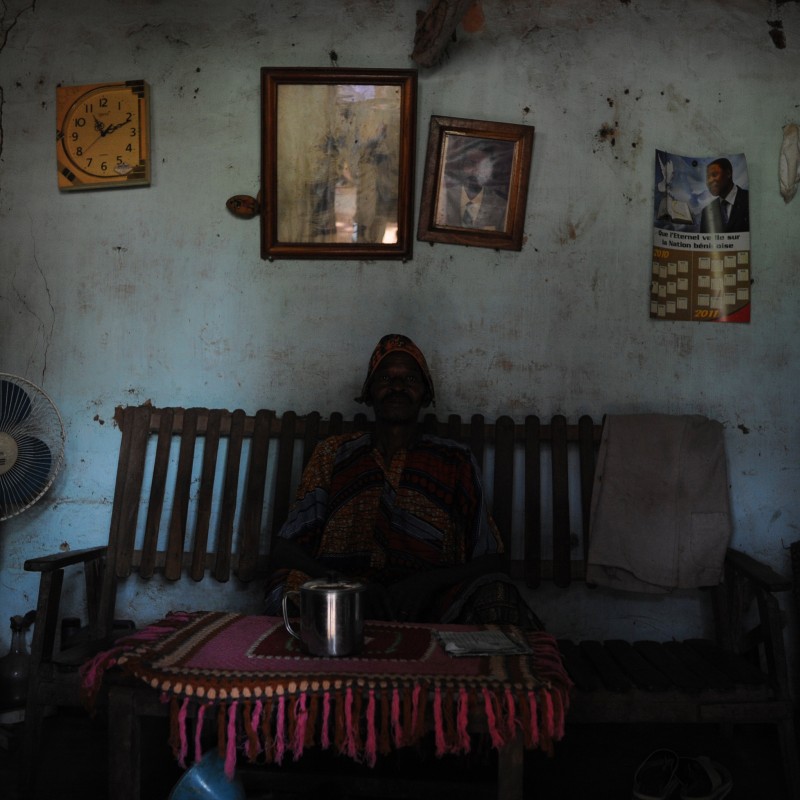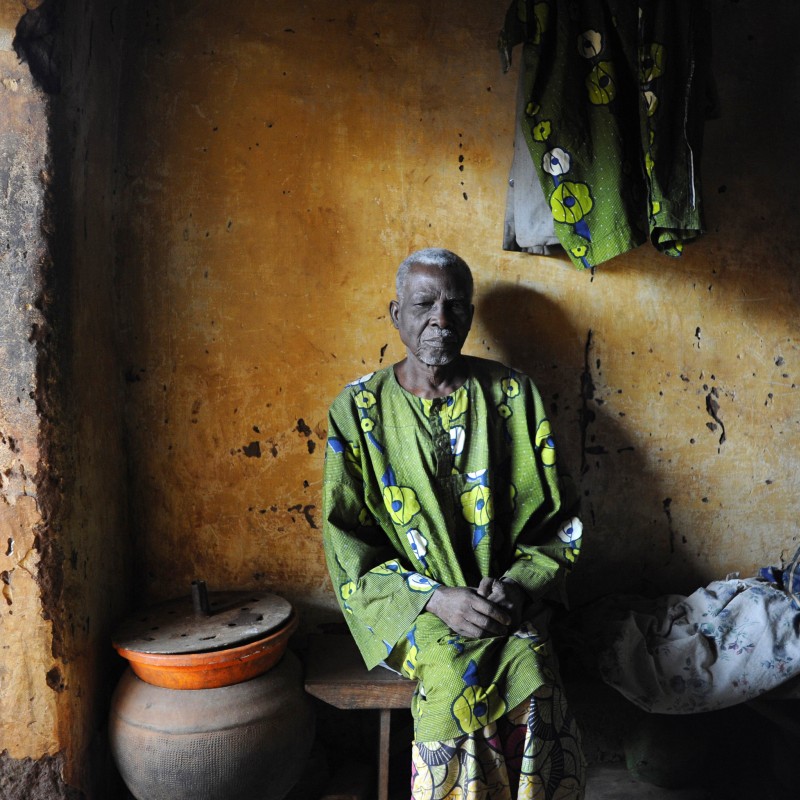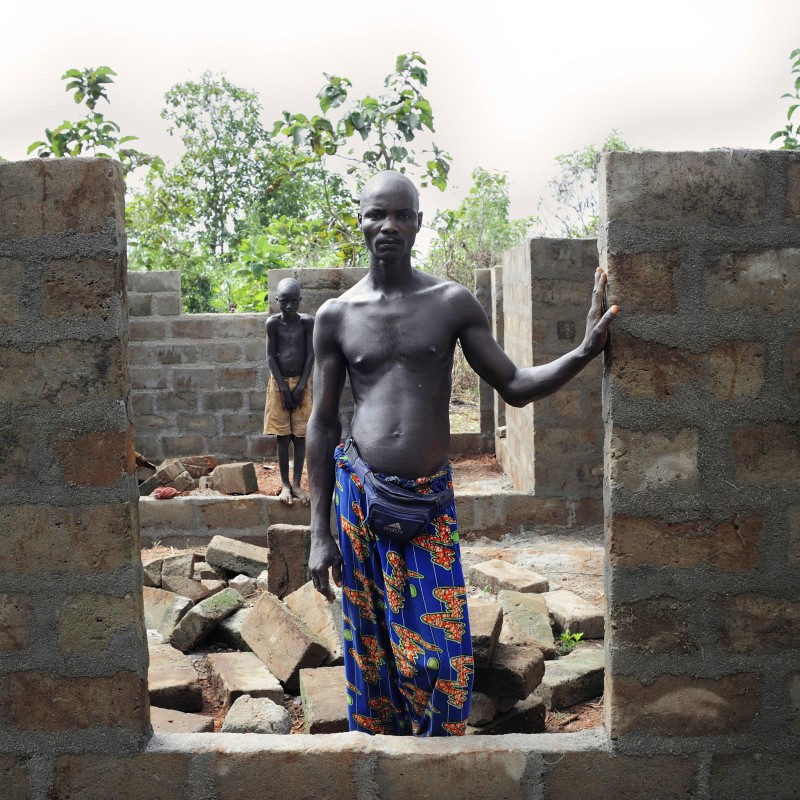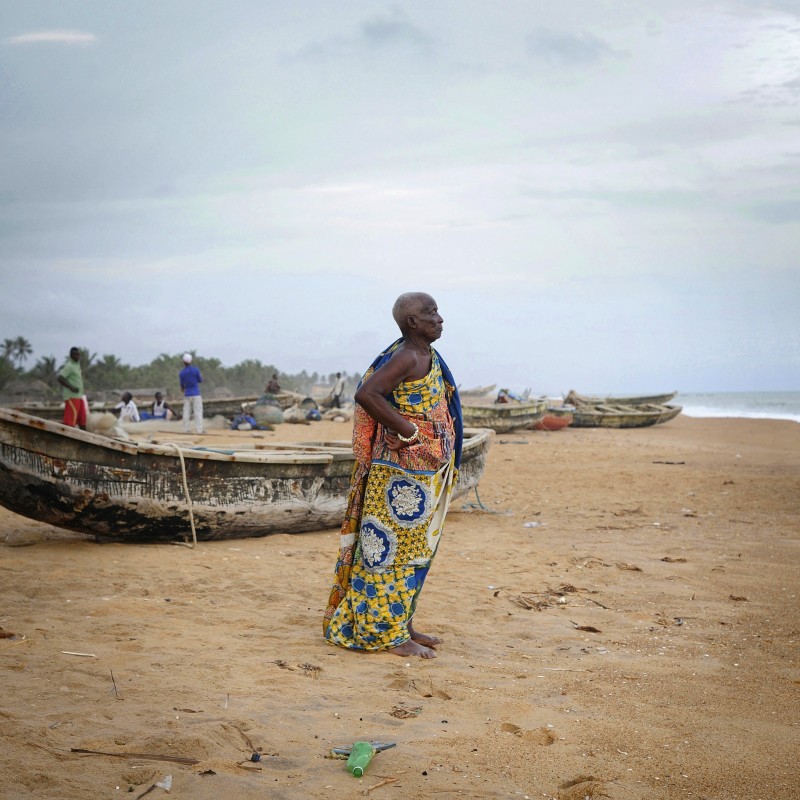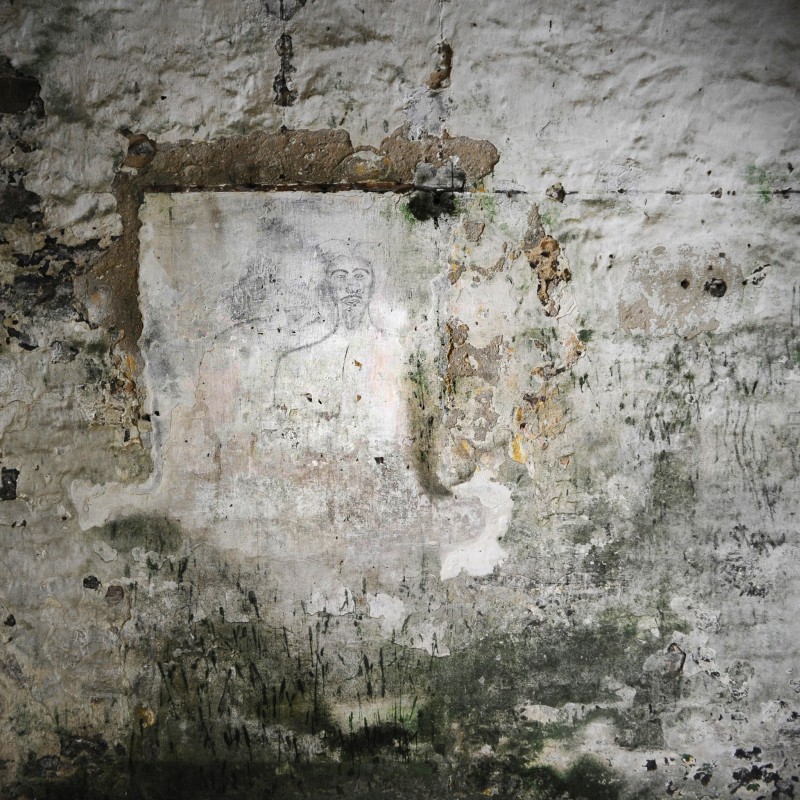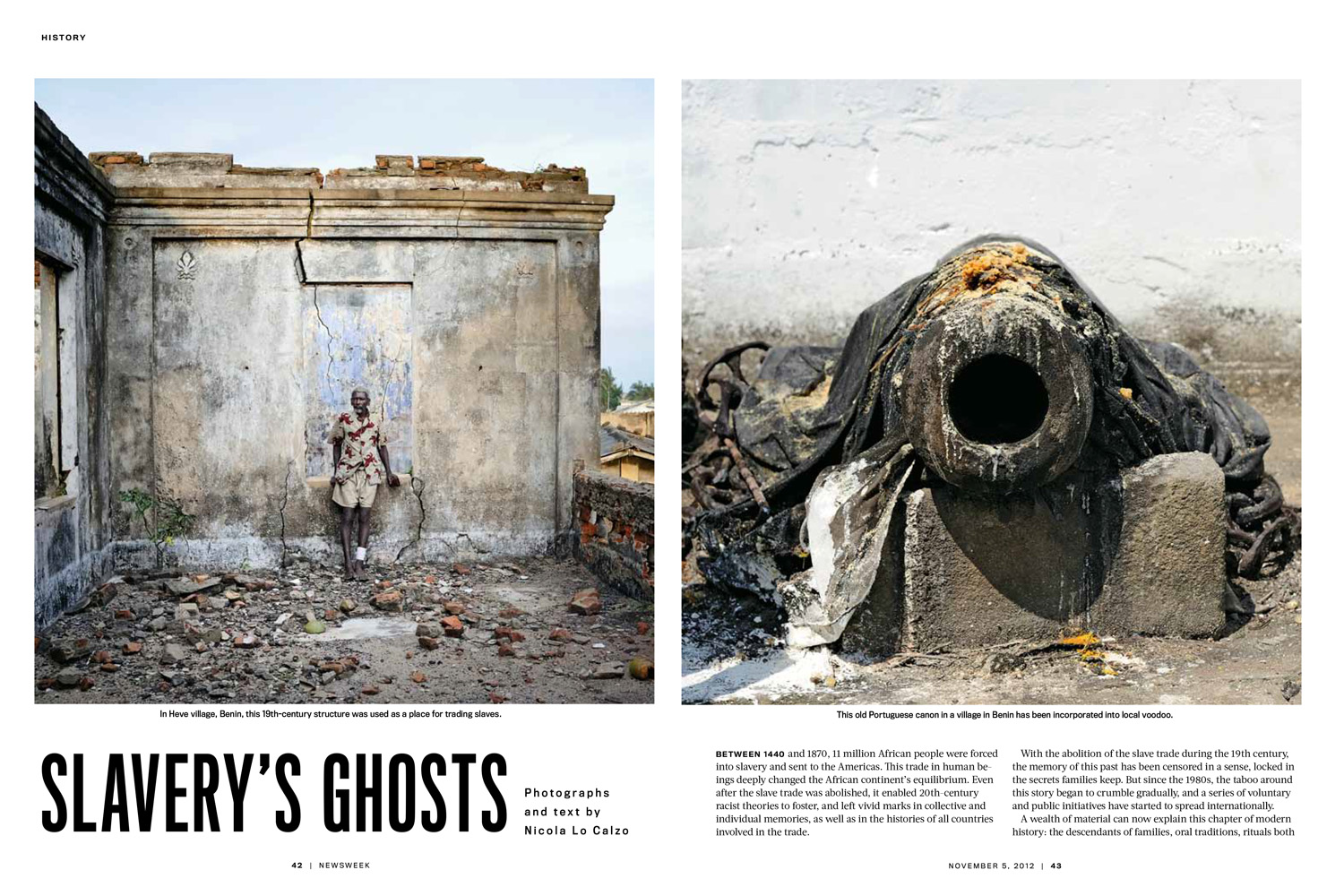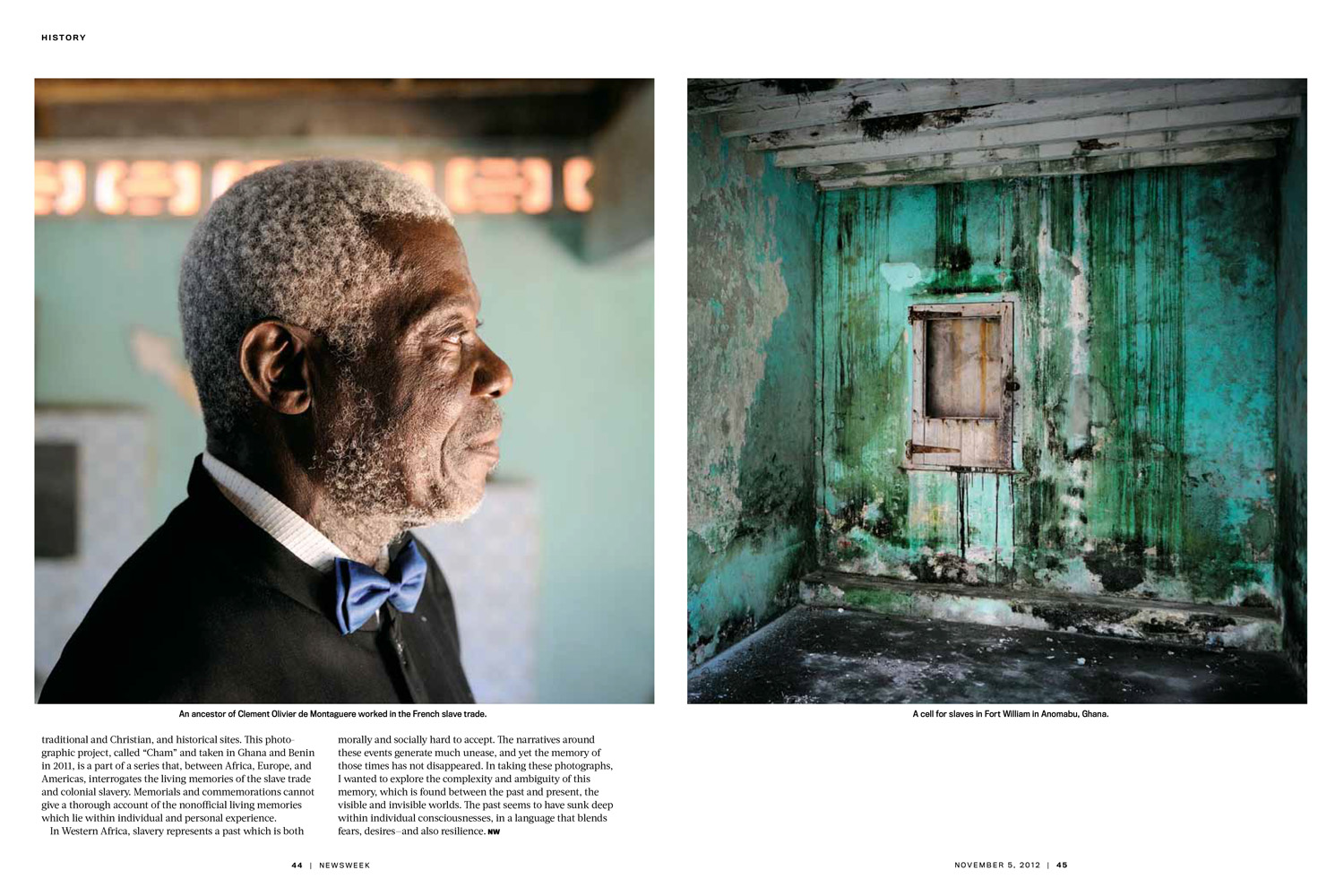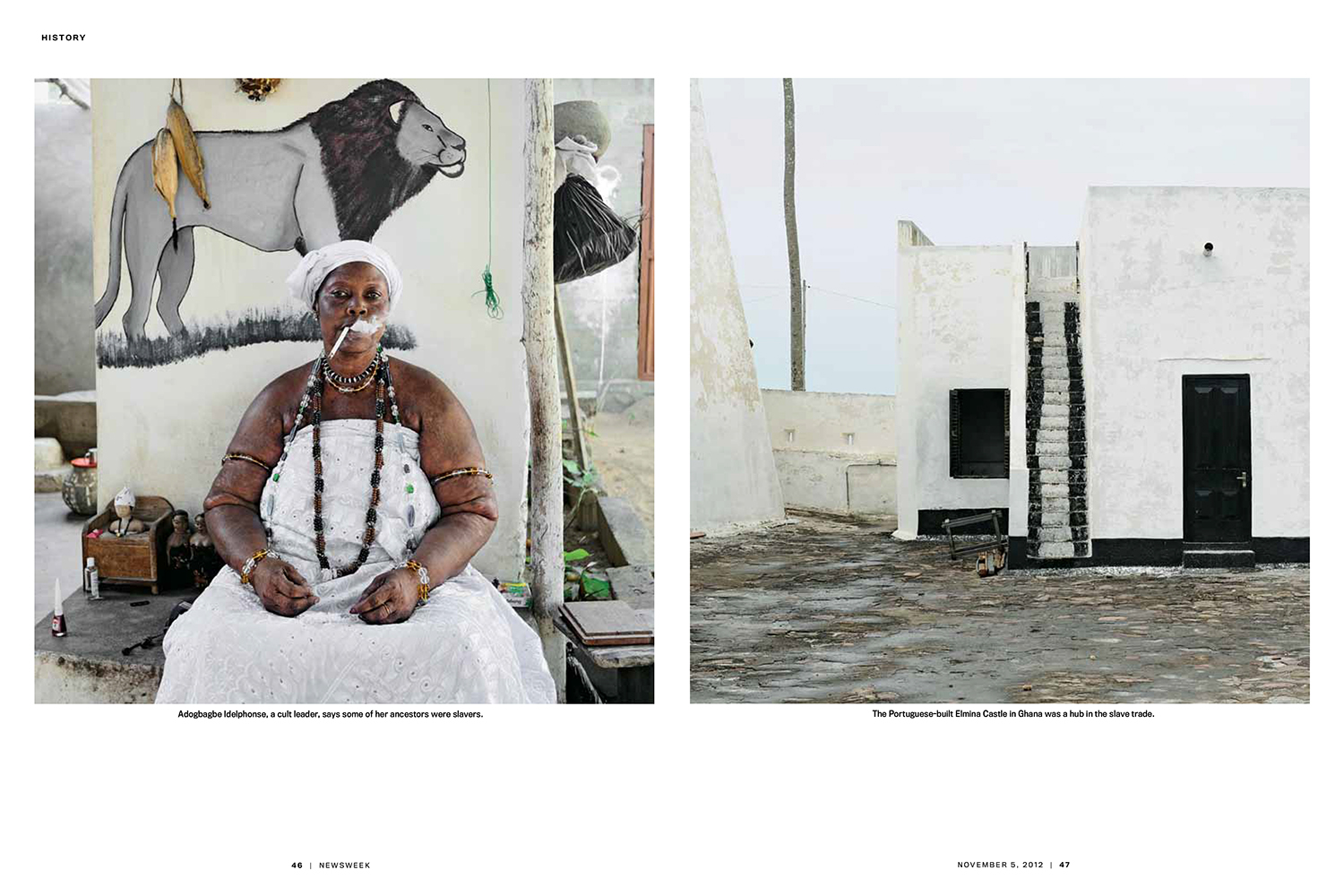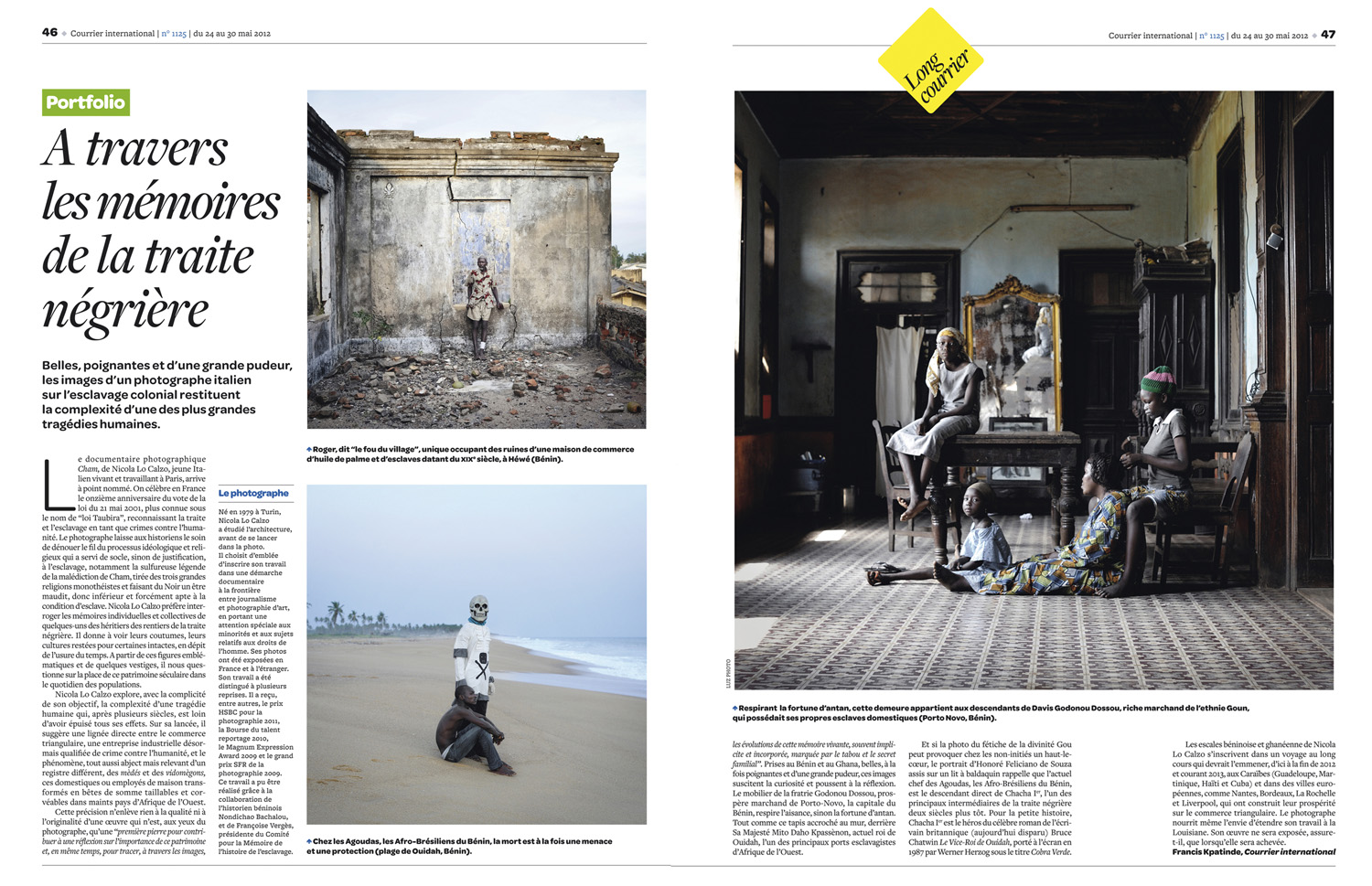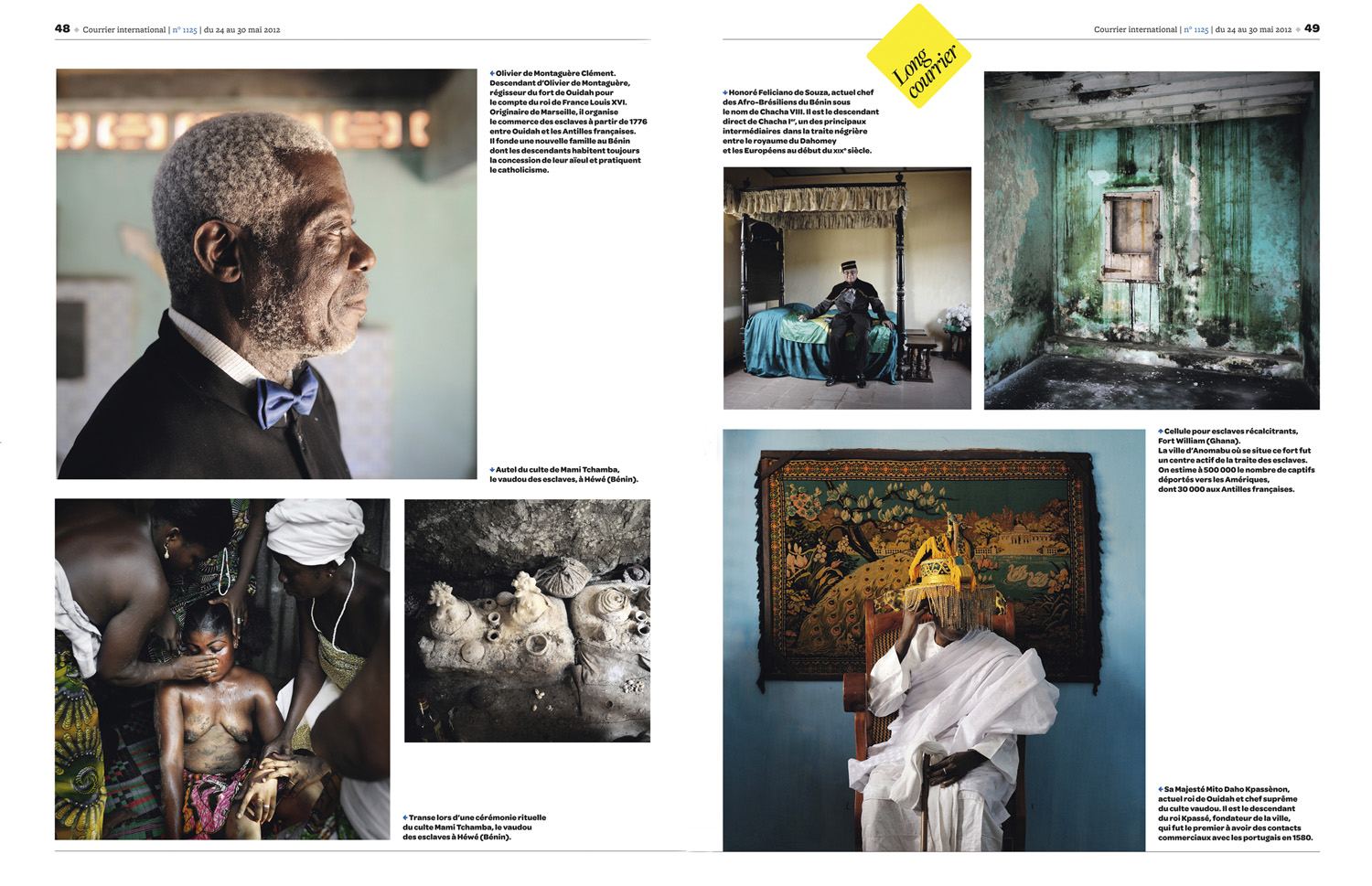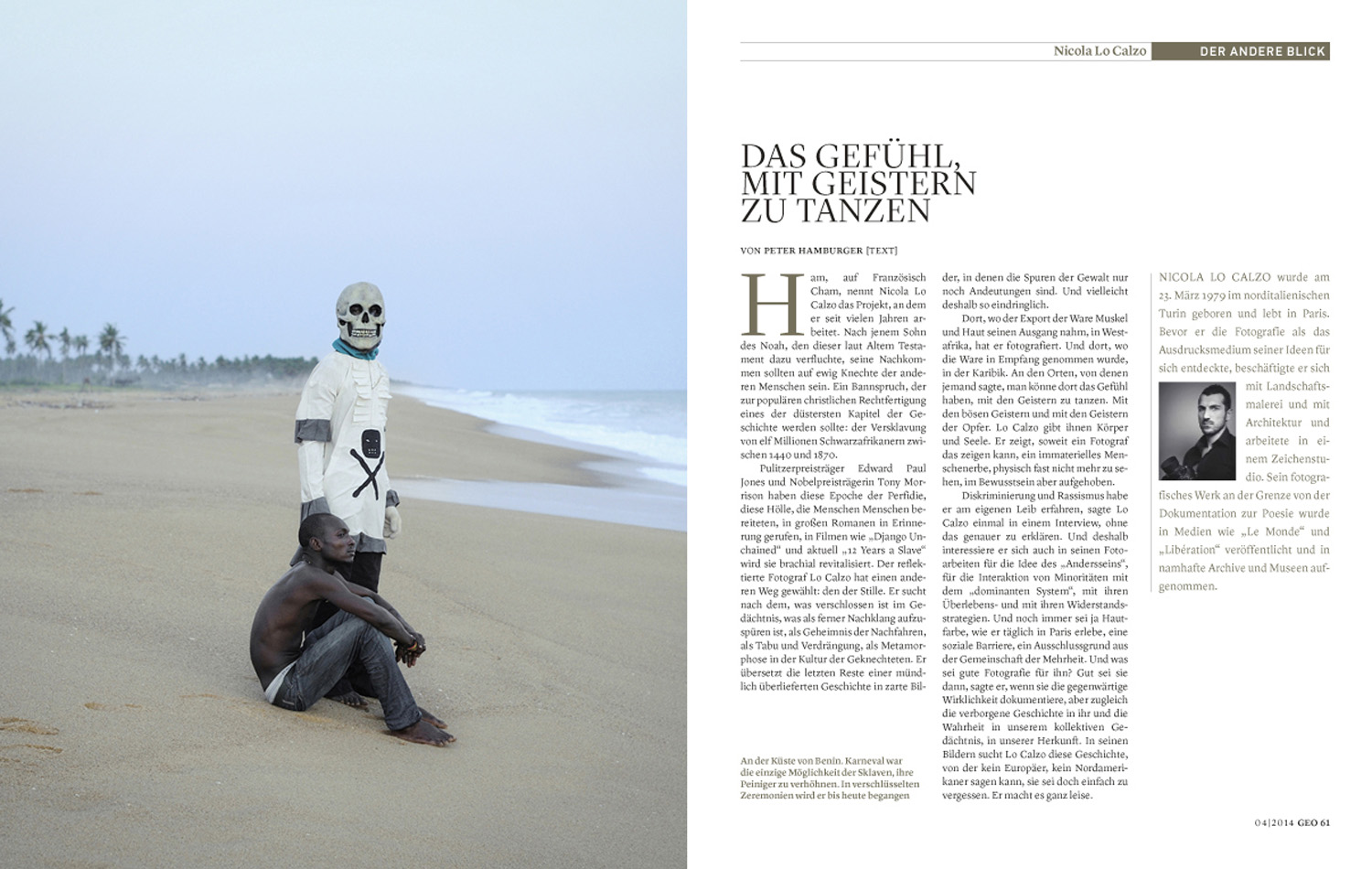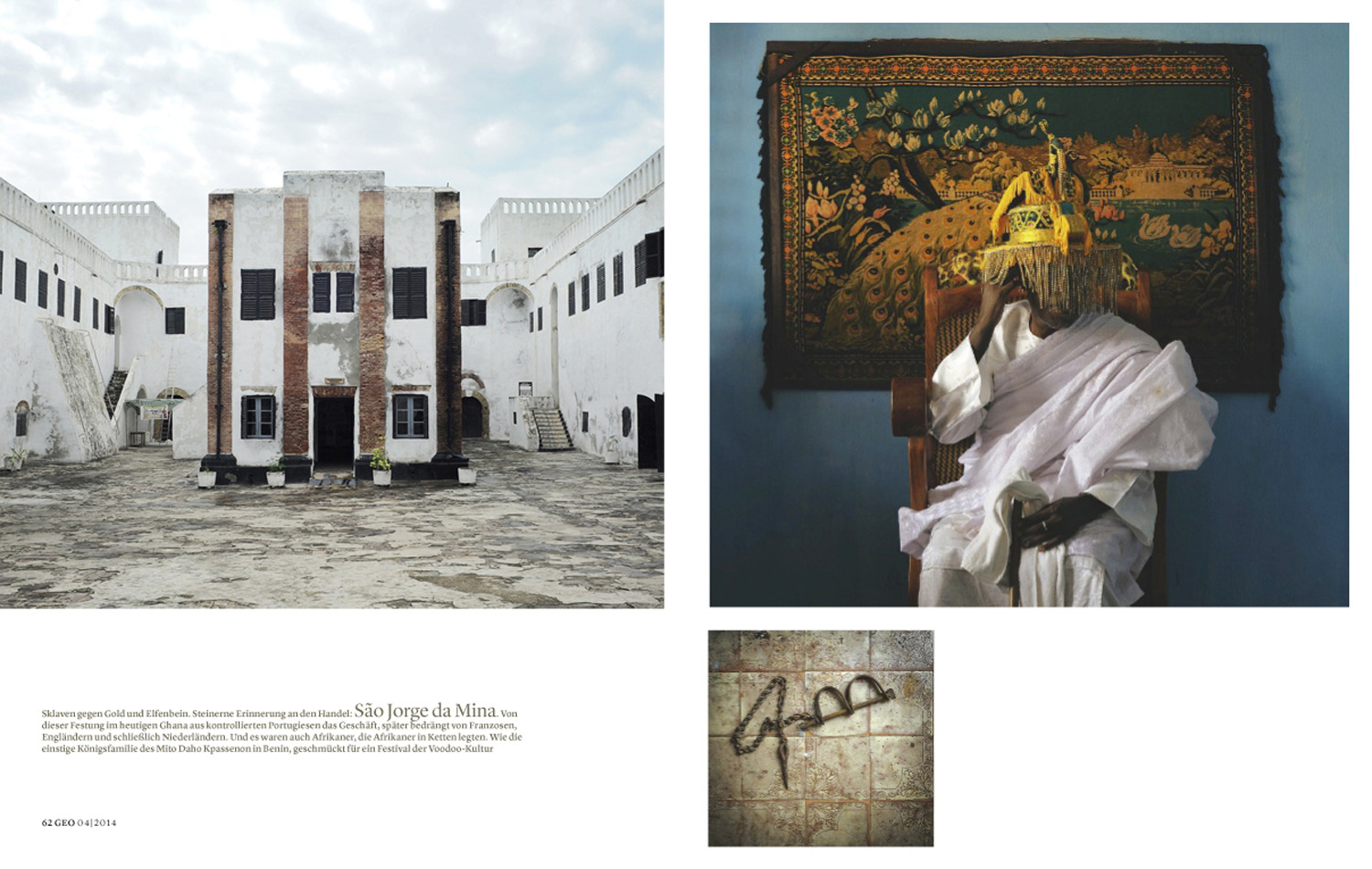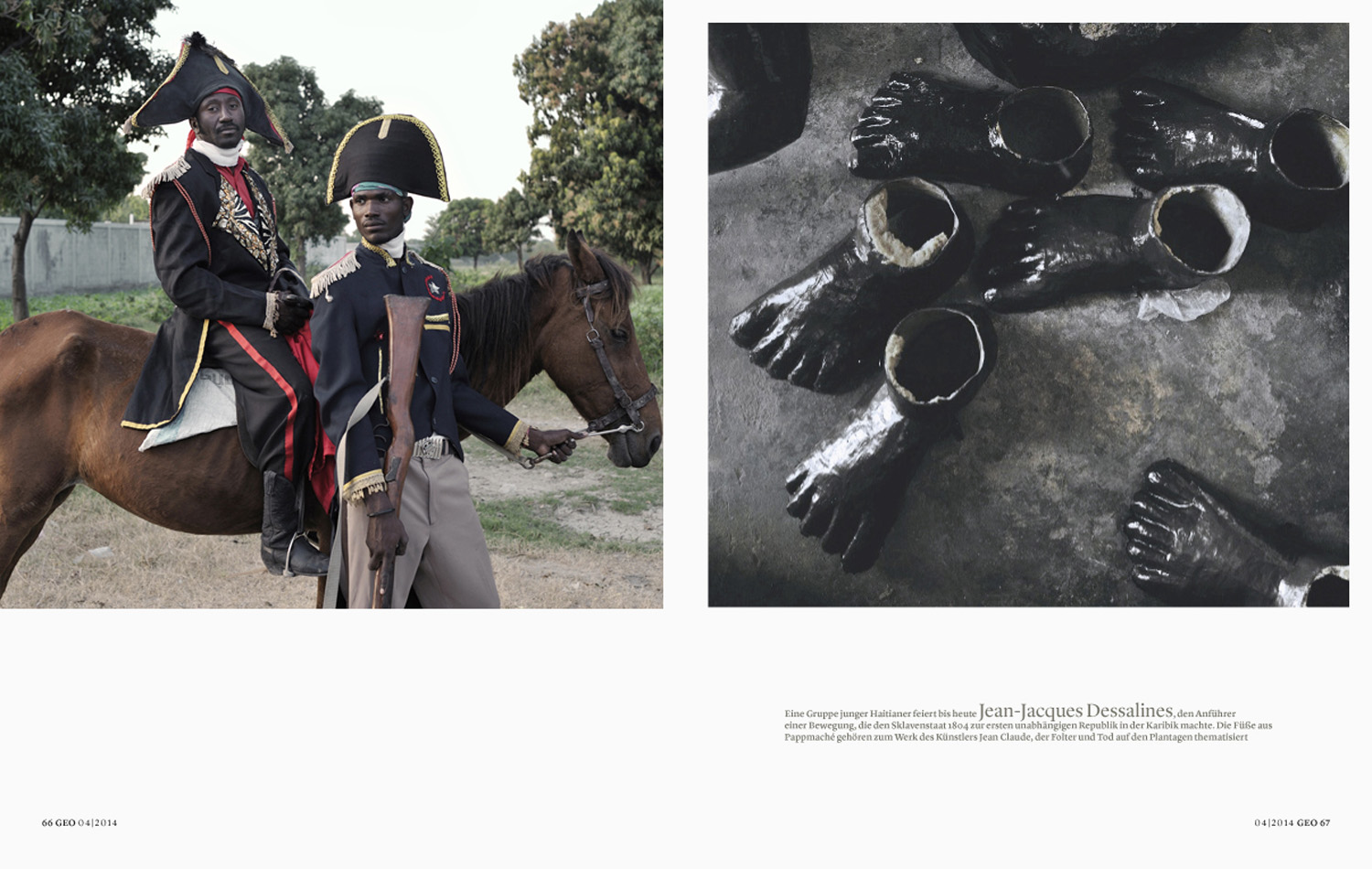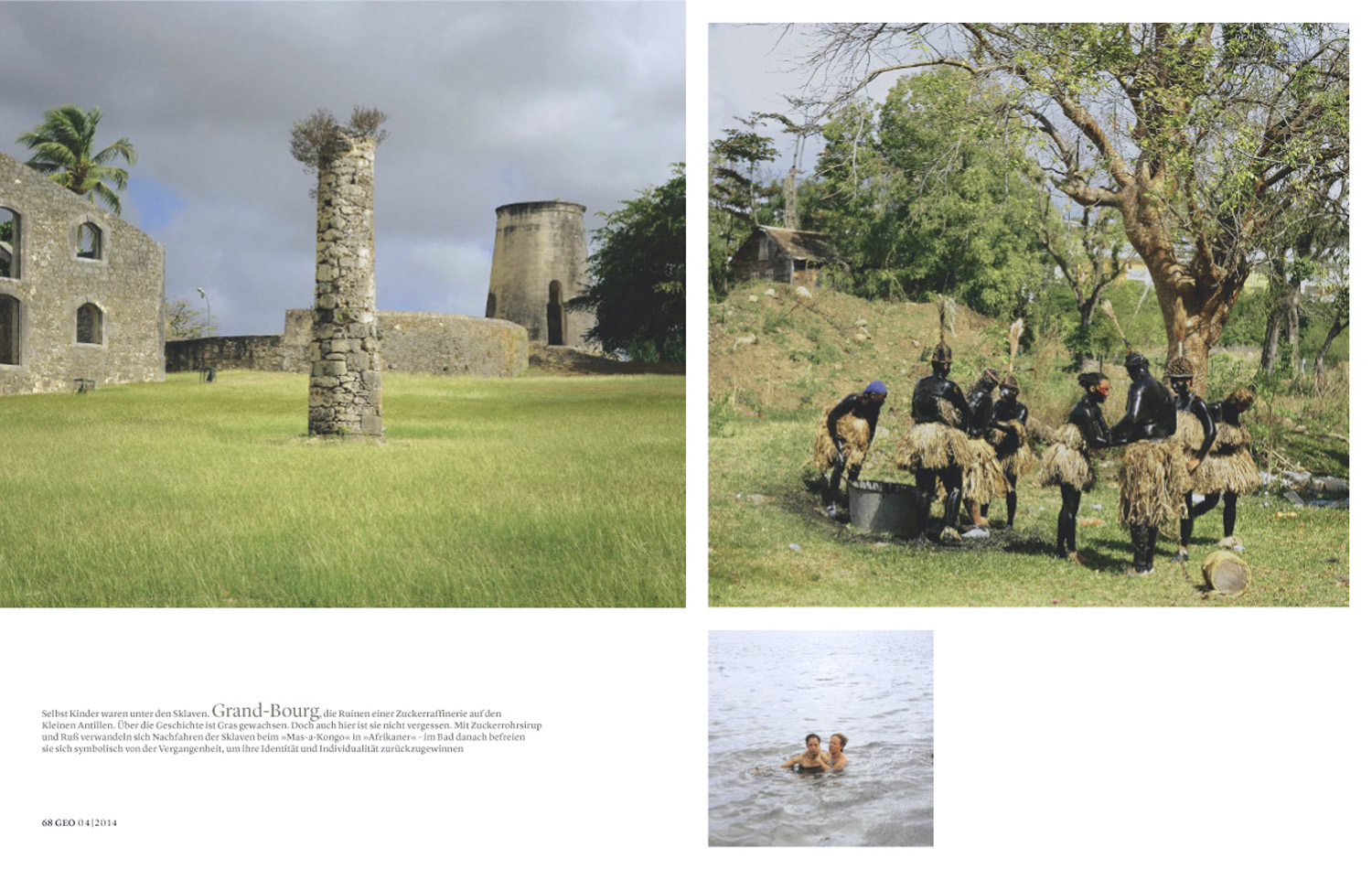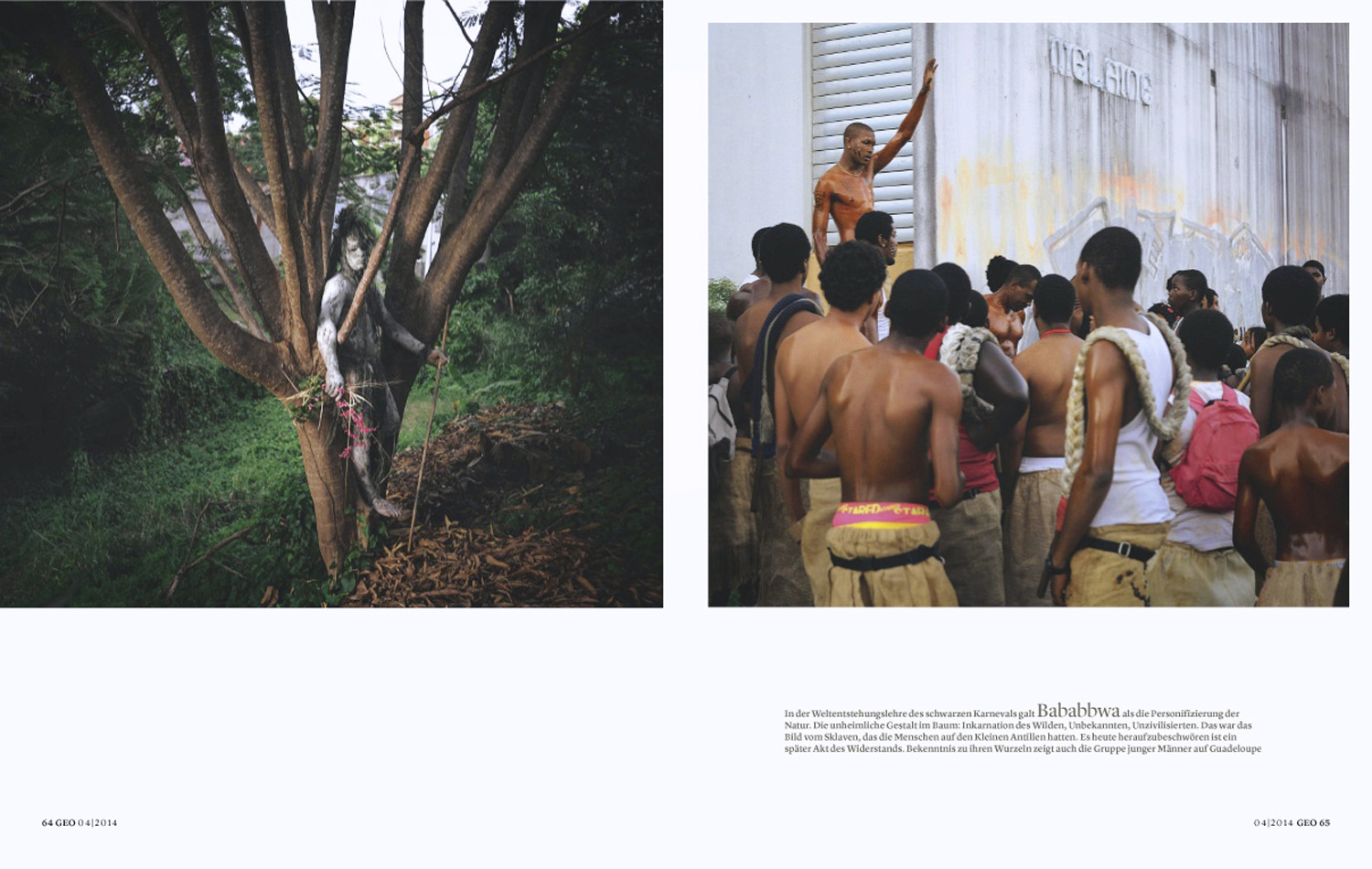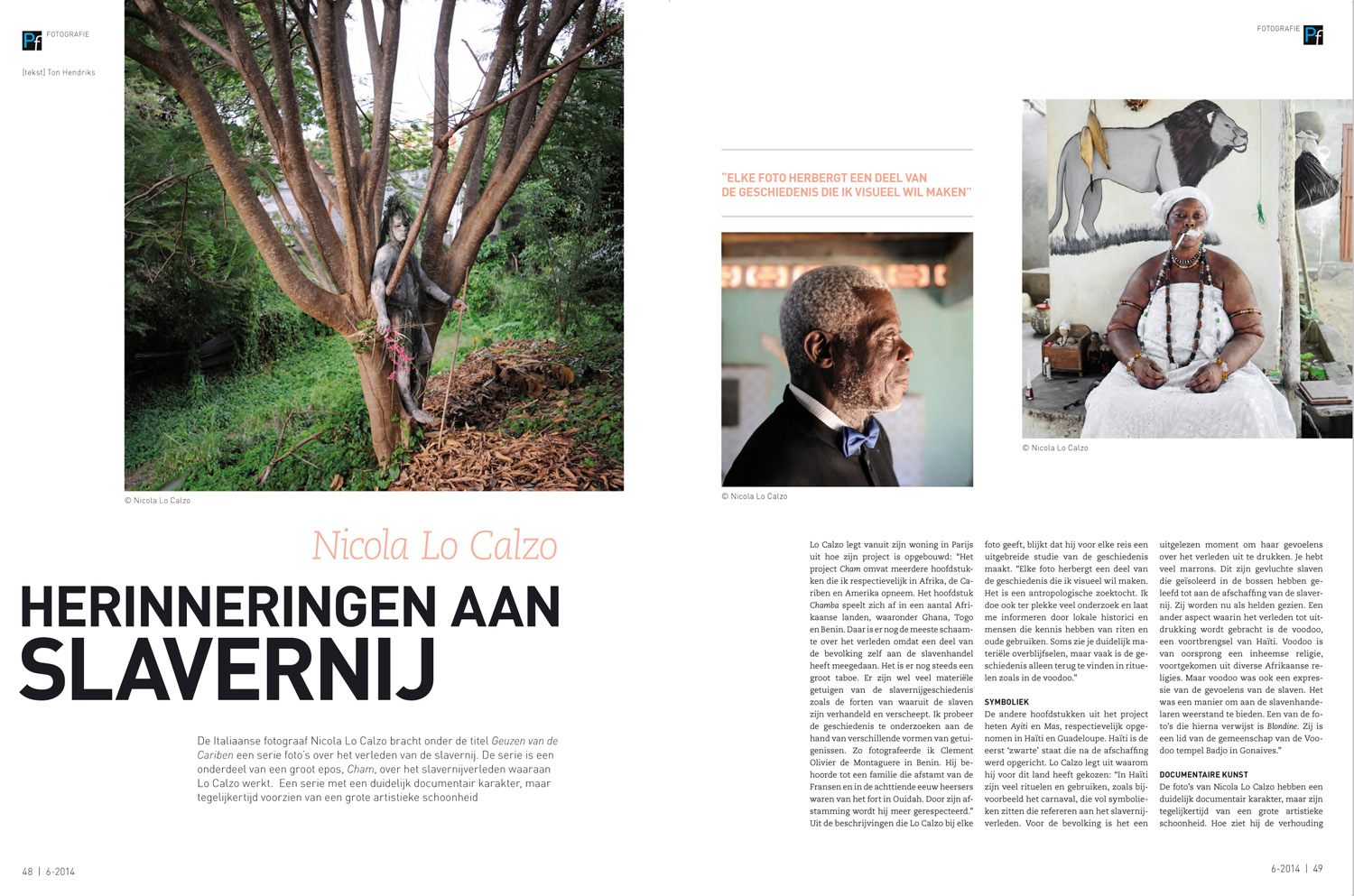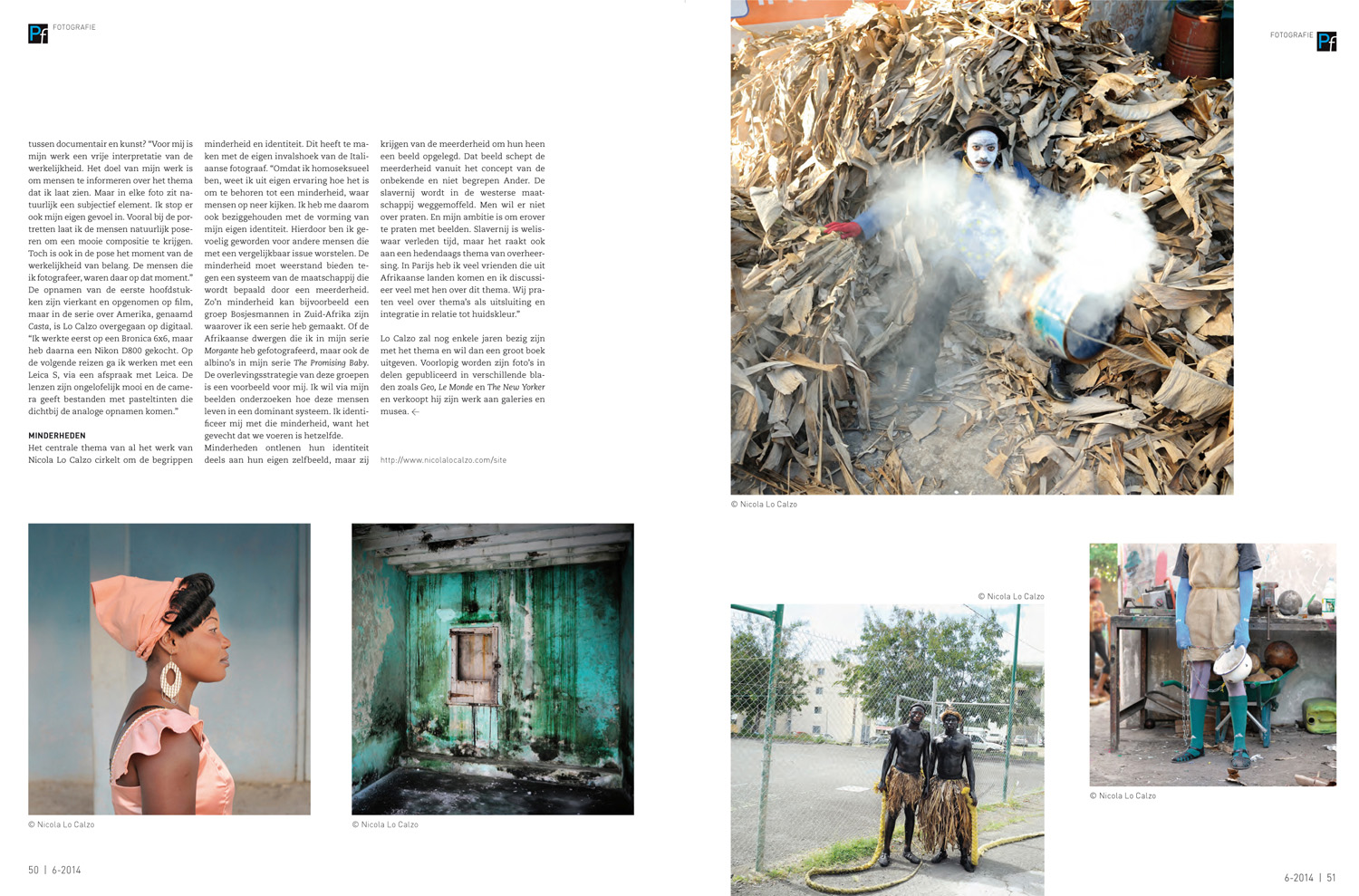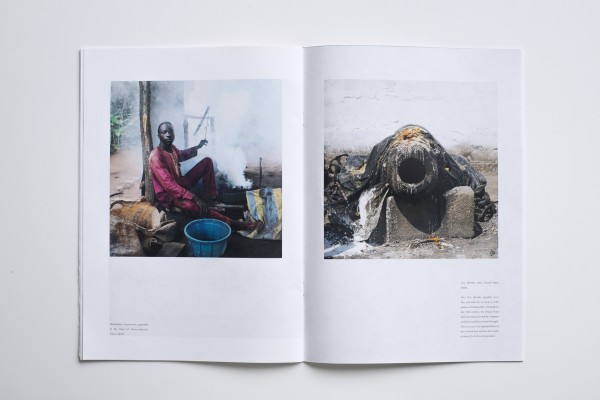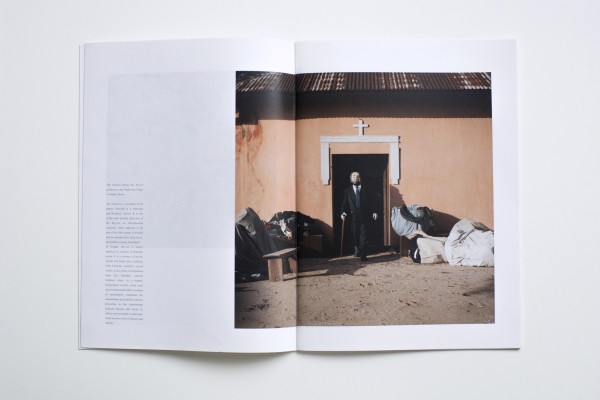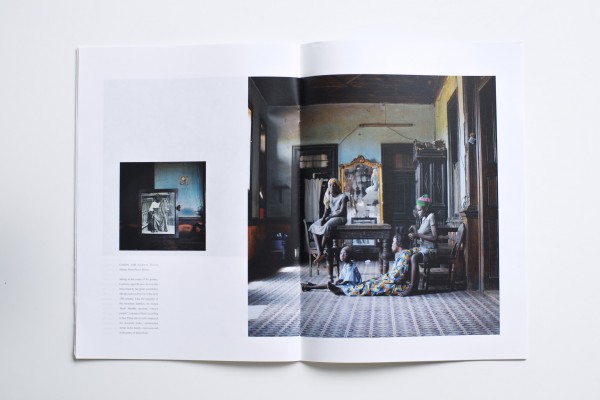Agouda : African memories between private transmission and public appropriation
Over the last two decades the Atlantic slave past has received increased attention.In the Americas, Europe, and Africa, emerging initiatives highlighting the memory of slavery in the public space largely resulted from the political struggle of social actors fighting for social justice or seeking to occupy the public space to obtain political prestige and economic profits.
The work of memory conveyed through festivals, monuments, and local museums remembering slavery and the Atlantic slave trade allows recreating, reinventing, and rethinking this painful past. But public memory of slavery is not direct transmission; it belongs to the scope of postmemory (Hirsch 1997), to a transitional space where this past is relived, re-enacted, and re-experienced. Despite evoking the Atlantic slave trade past and the sufferings endured by enslaved Africans before their boarding for the Americas, most initiatives repeatedly convey simplified representations of enslavement. Even though these simplified narratives have been successful in attracting and moving local and international tourists, they persistently ignore the multiple dimensions of the experiences of the victims, by reinforcing various misleading stereotypes and omitting unpleasant aspects of African participation in the slave trade business. These multiple discourses emanating from public manifestations and local social actors, if they have the merit to participate in the debates surrounding the Atlantic slave past, they don’t have be confused with the local memories of slavery, directly linked to the private experiences of the descendants, both enslaved and slave merchants, oral traditions, rituals both traditional and Christian, historical sites and architectures. This unbodied and disembodied legacy of Atlantic slave past still remain to be recognized and valorized attending a real policy of information and valorization, avoiding any political manipulation.
The first part of this series introduces the emergence of the public memory of slavery and slave trade tourism in West Africa. It sheds light on how North American and Western European conceptions of heritage and tourism were transplanted, adapted and transformed in West African countries, including Ghana, Senegal, and the Republic of Benin. The promotion of the Atlantic slave trade heritage was crucial for the development of a West African tourism industry. The public memory of slavery is built to fulfill the expectations of European, African American and Afro-Caribbean tourists, who were and still are the main target of projects focusing on the heritage of the Atlantic slave trade and African roots tourism.
The second part focuses on the complex transmission of the slavery memories in west Africa, that still remain a local private affair. In Western Africa, slavery represents a past that is both morally and socially hard to accept. The narratives around these events are scarce as they generate much unease. Although the memory of those times has not disappeared, it has been integrated within alternative forms of narration, too complex to be included into a public memory policy.
Through some memories and practices of the African descendants, both traffickers and enslaved, it is clear that if, despite a taboo about speaking of slavery, this memory plays an important role in the contemporary relationships between the descendants of African slave merchants and the descendants of African slaves: the stigma of slavery persist in the organization of the power in West Africa.
